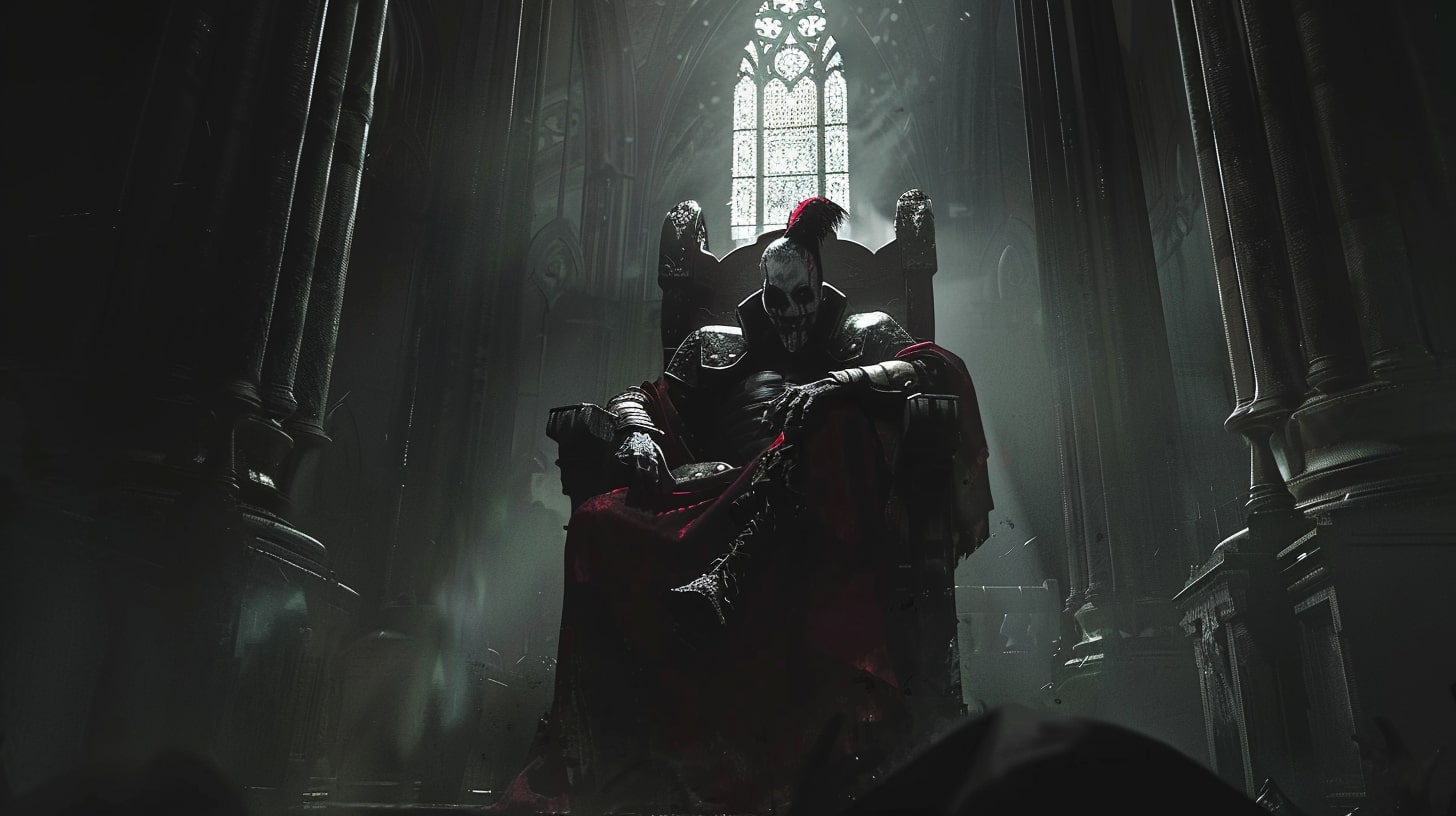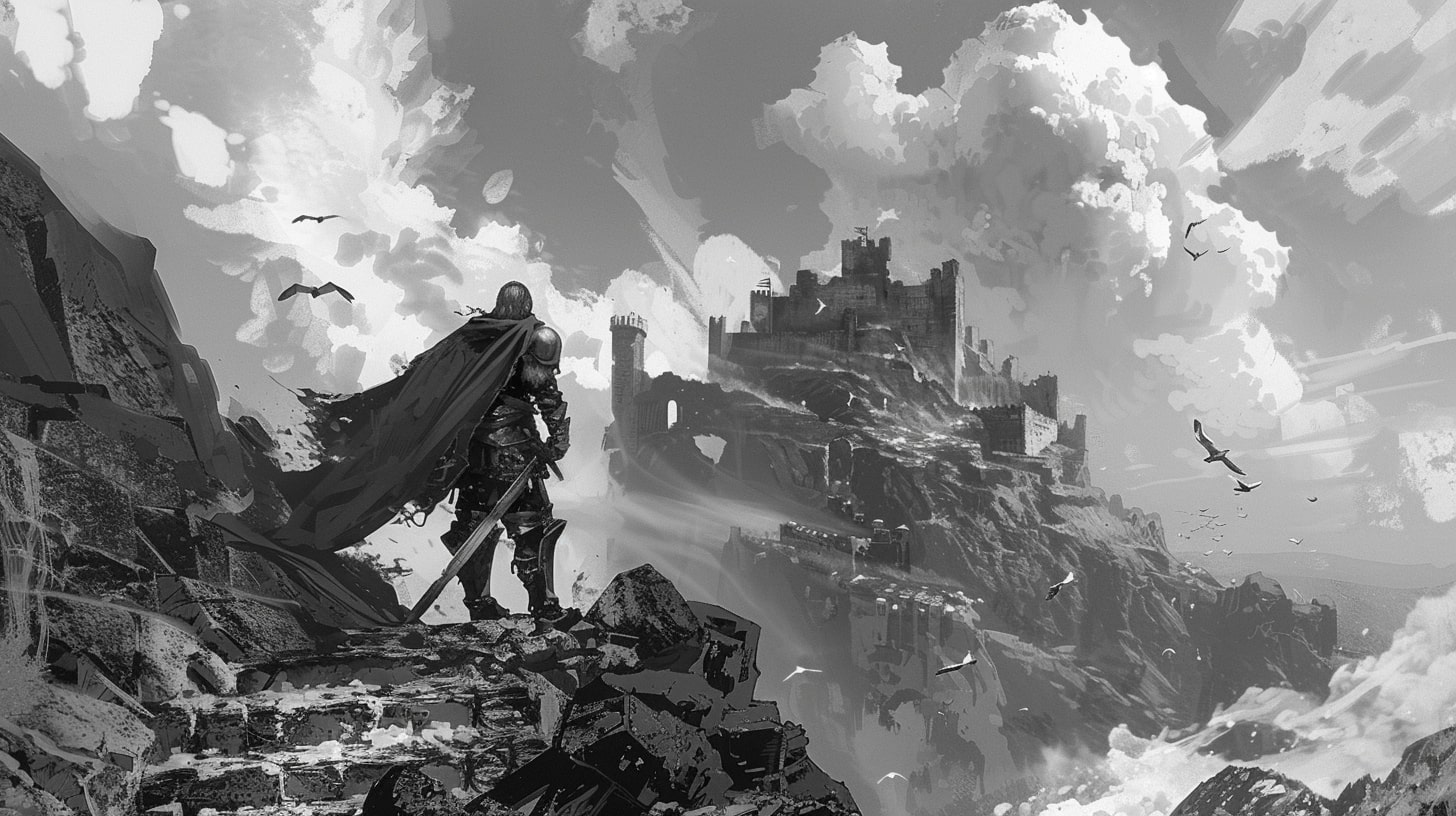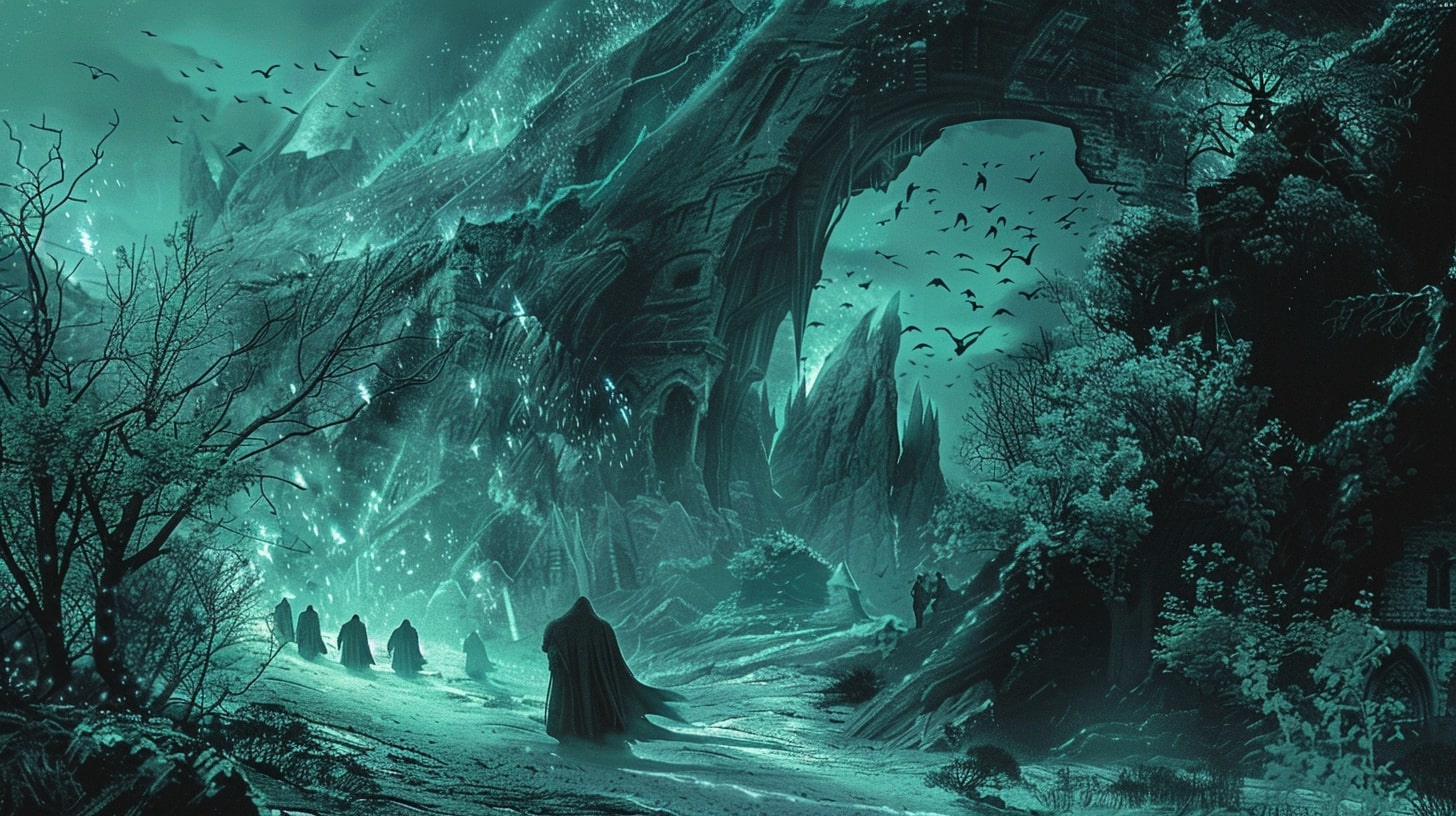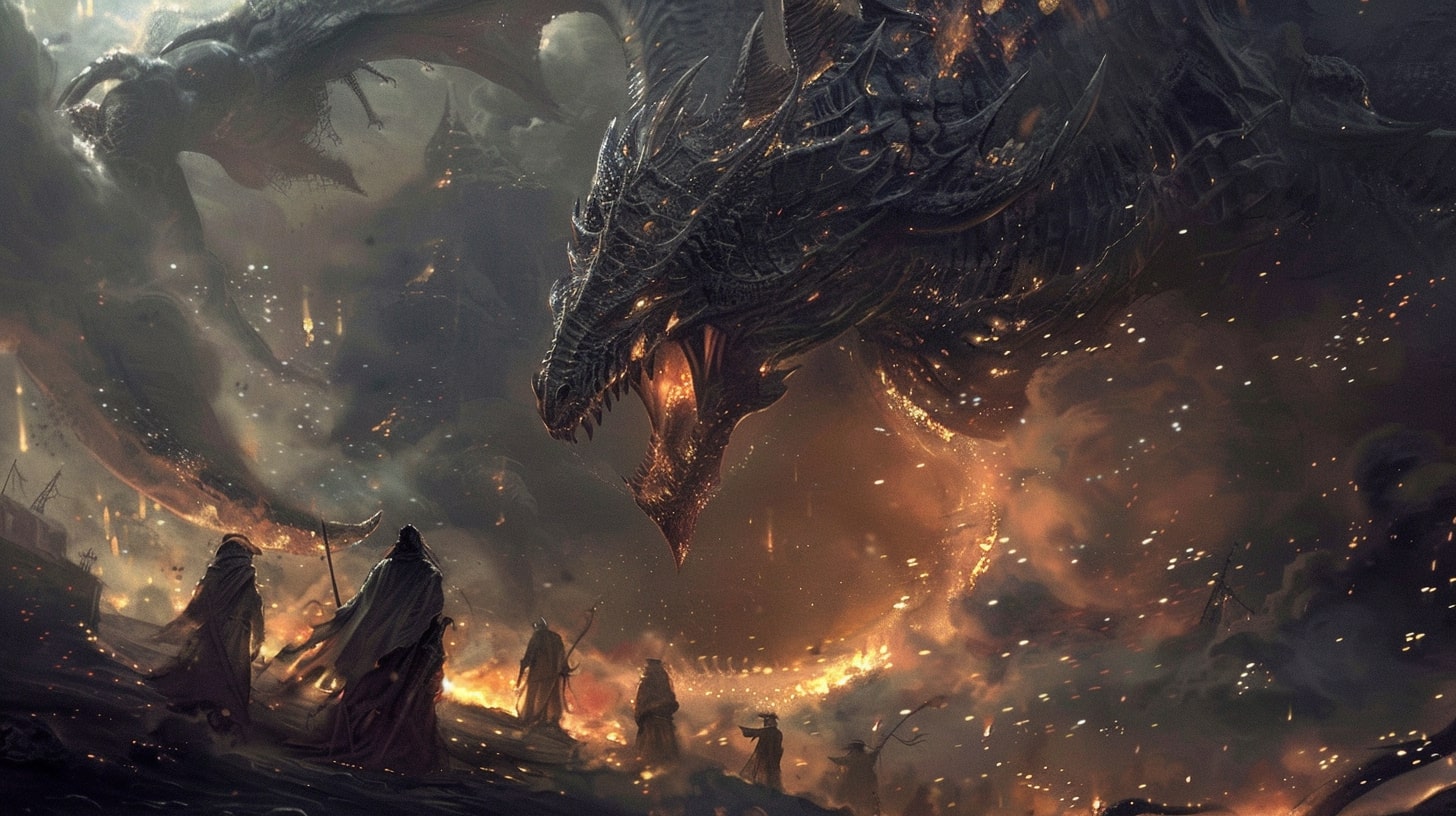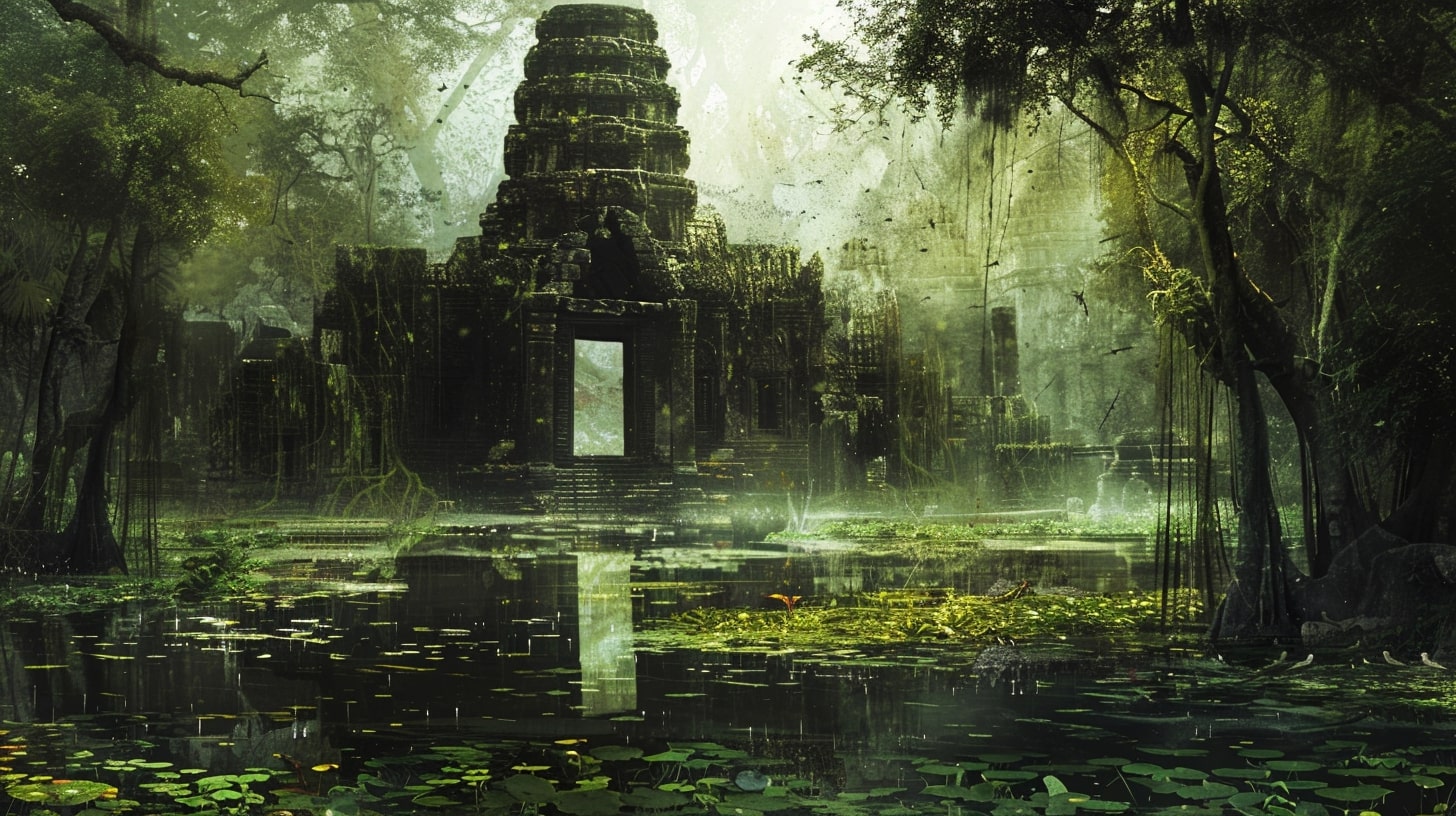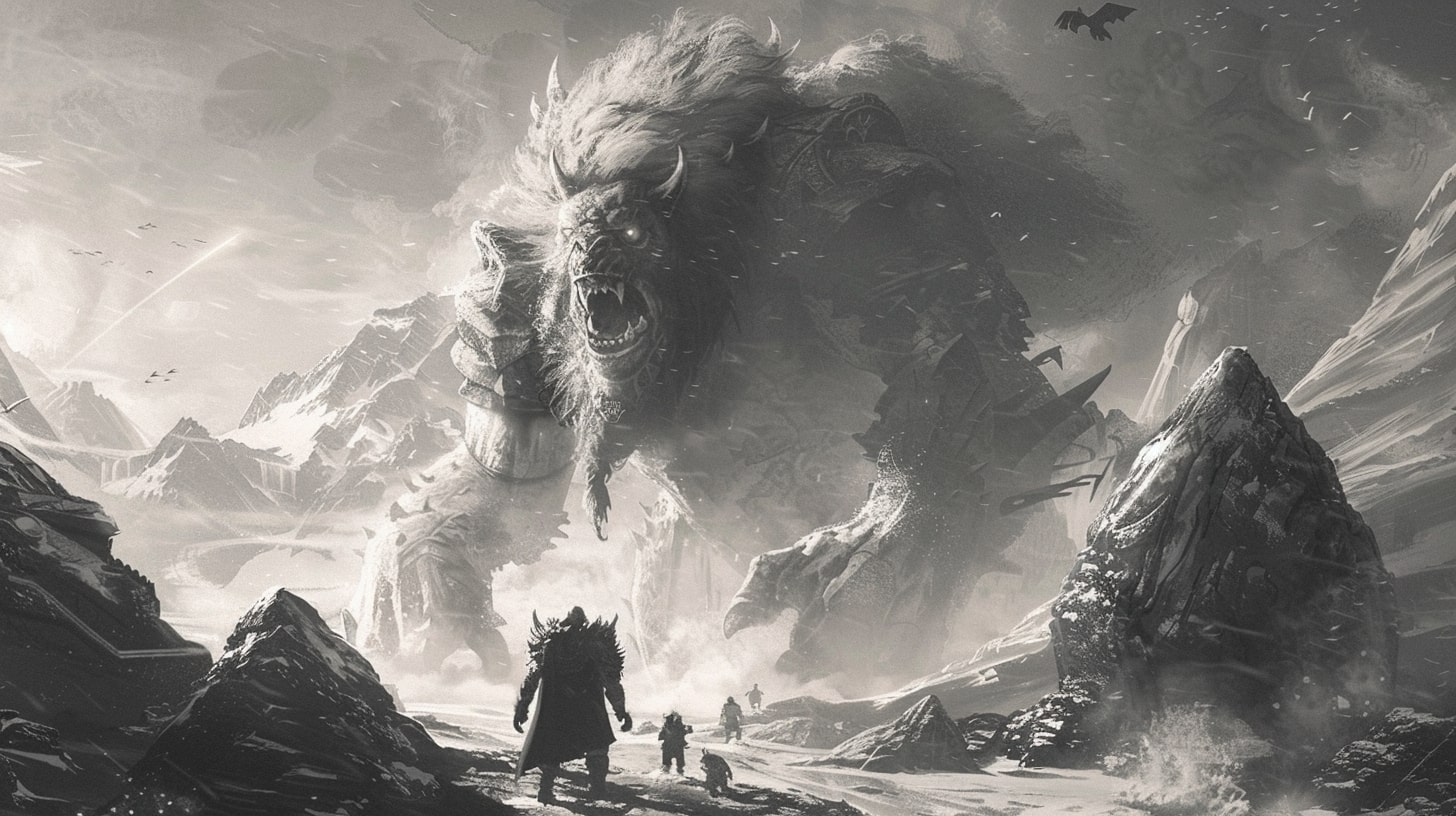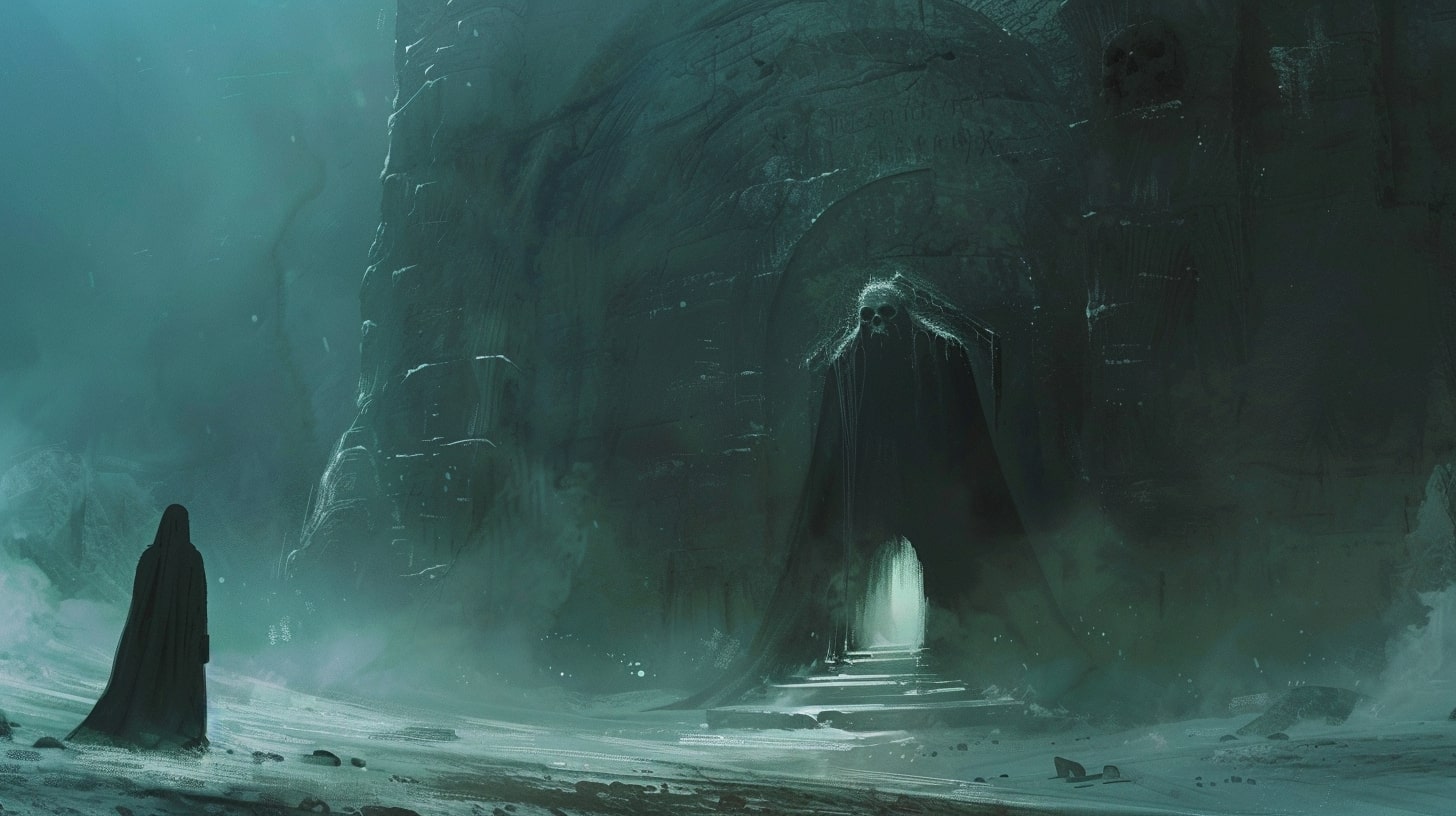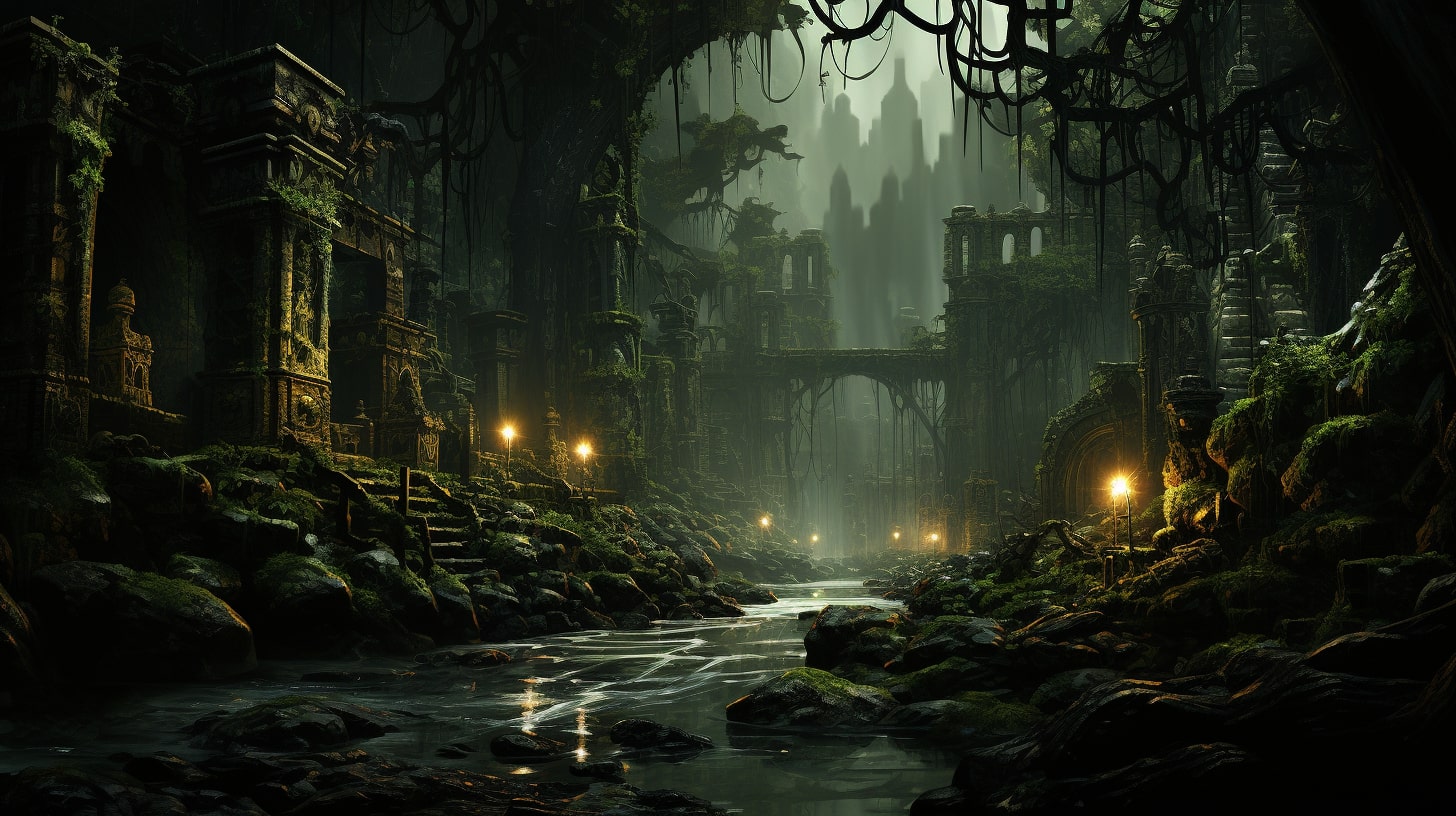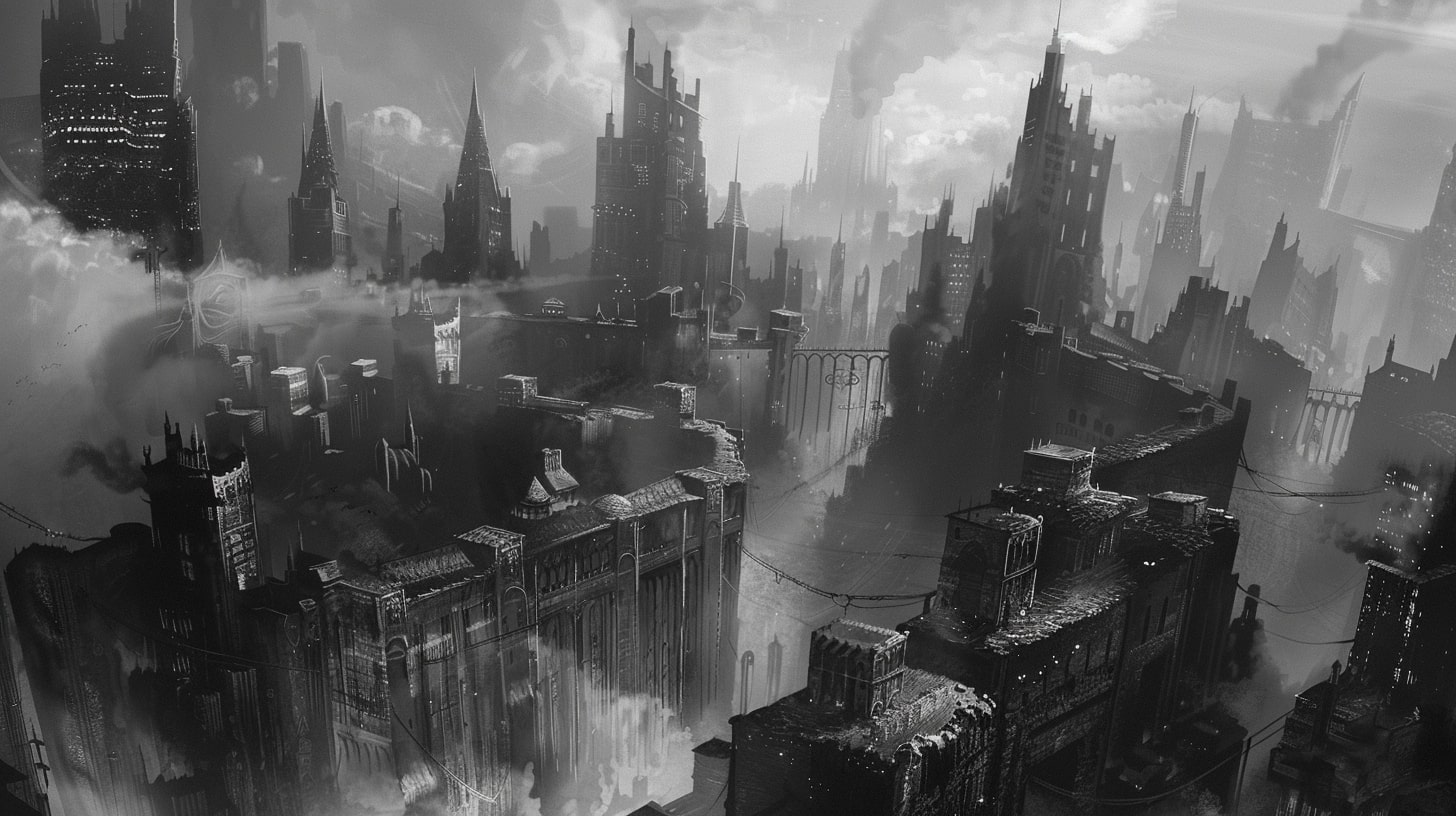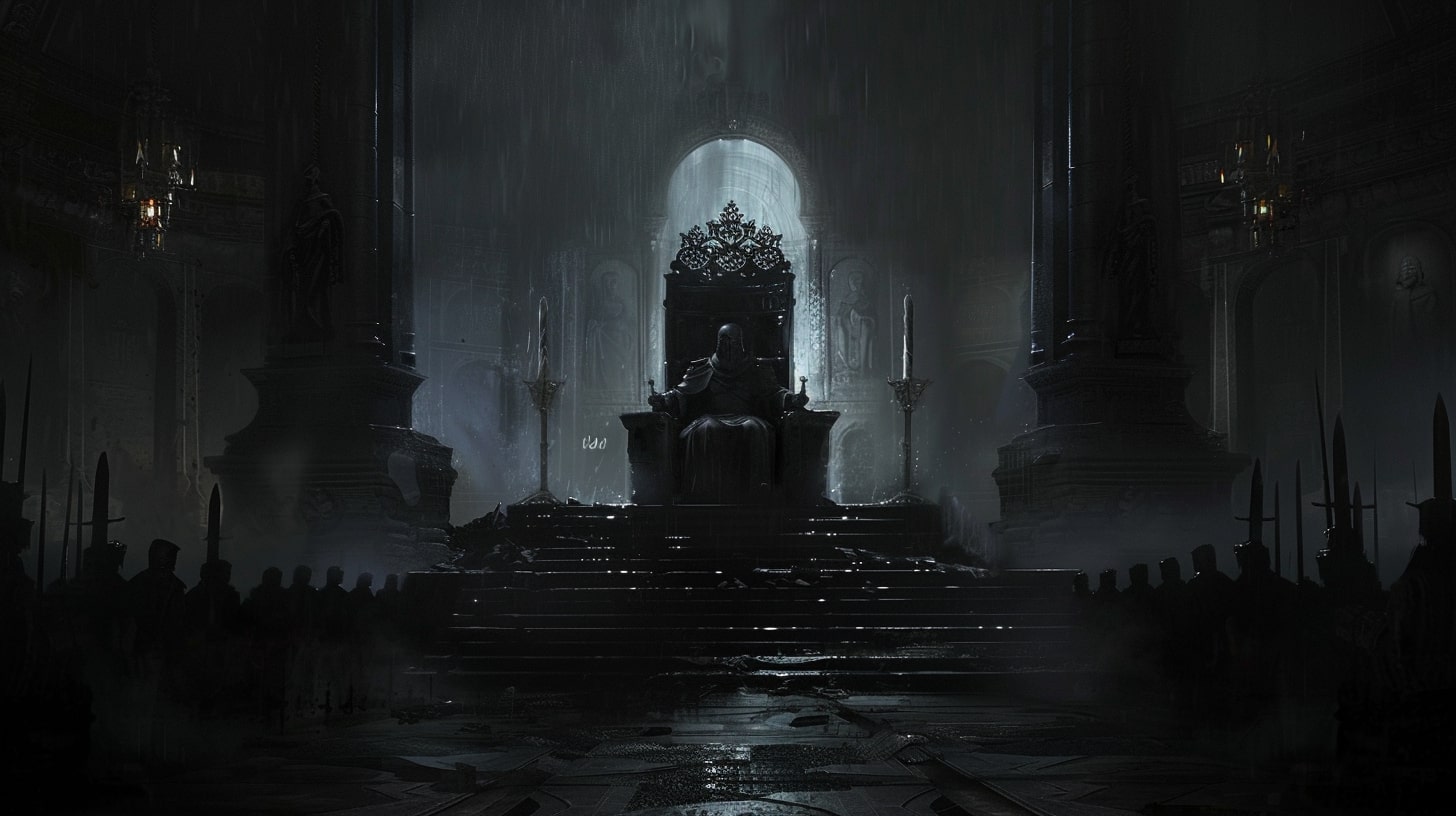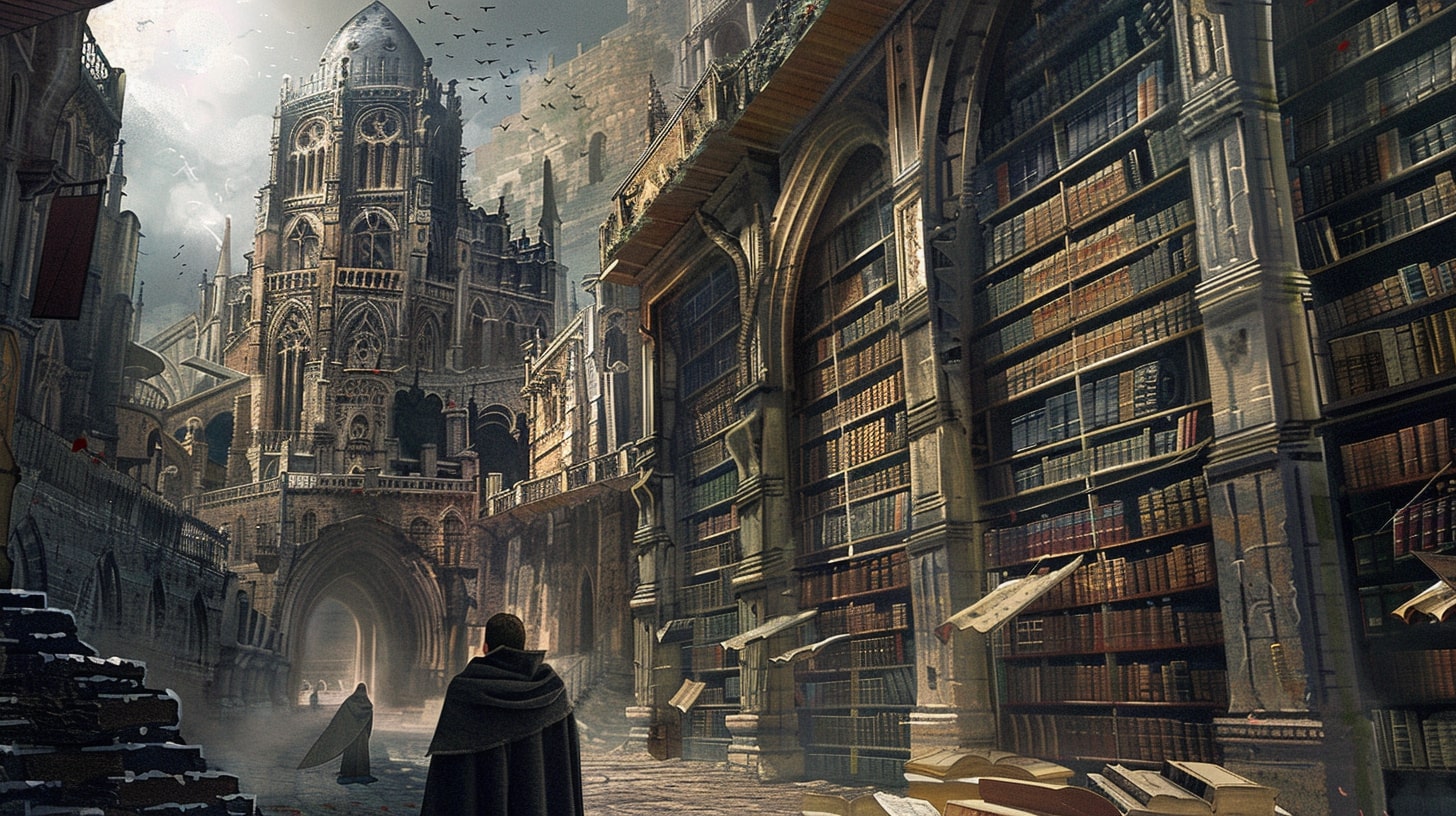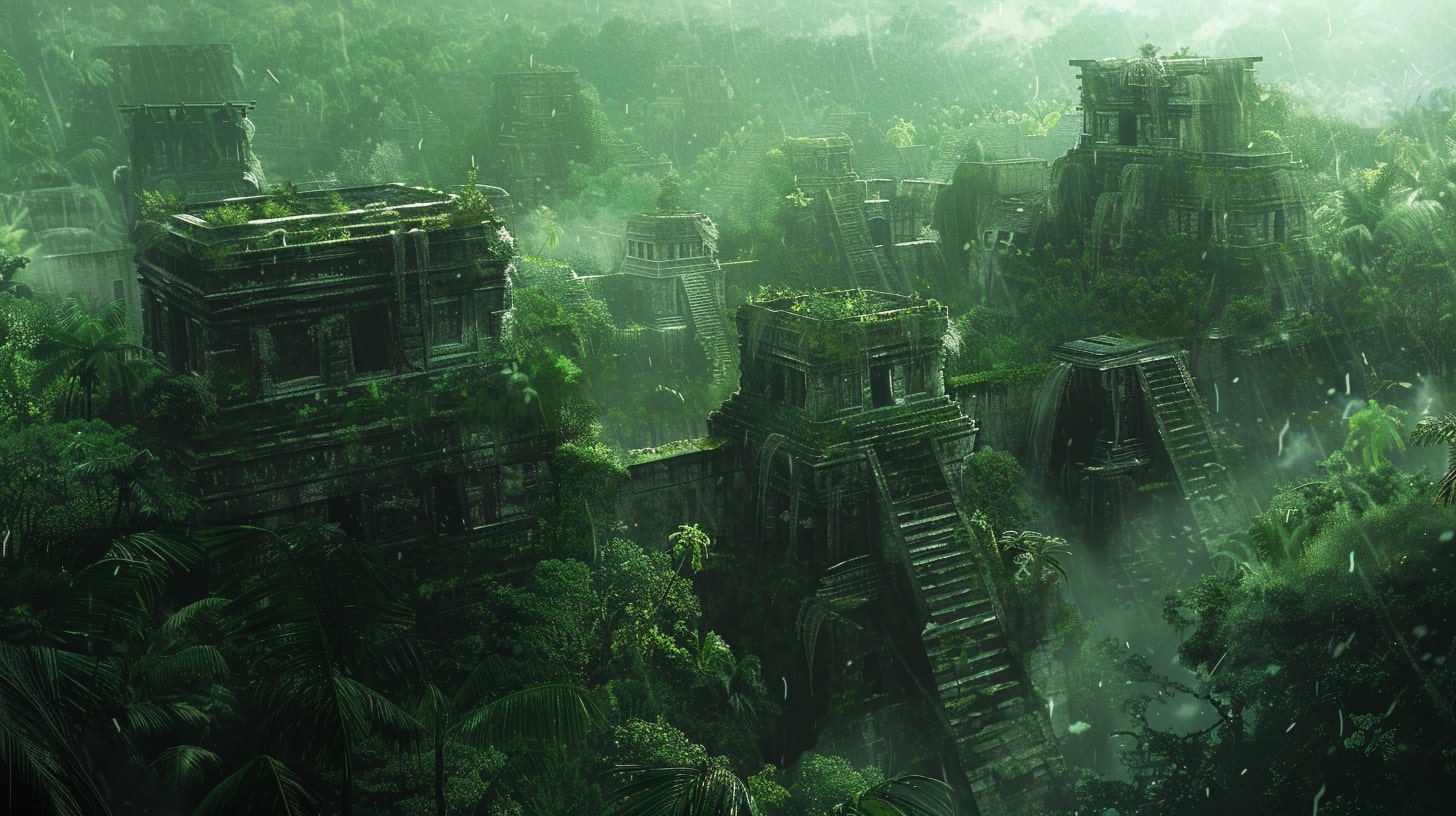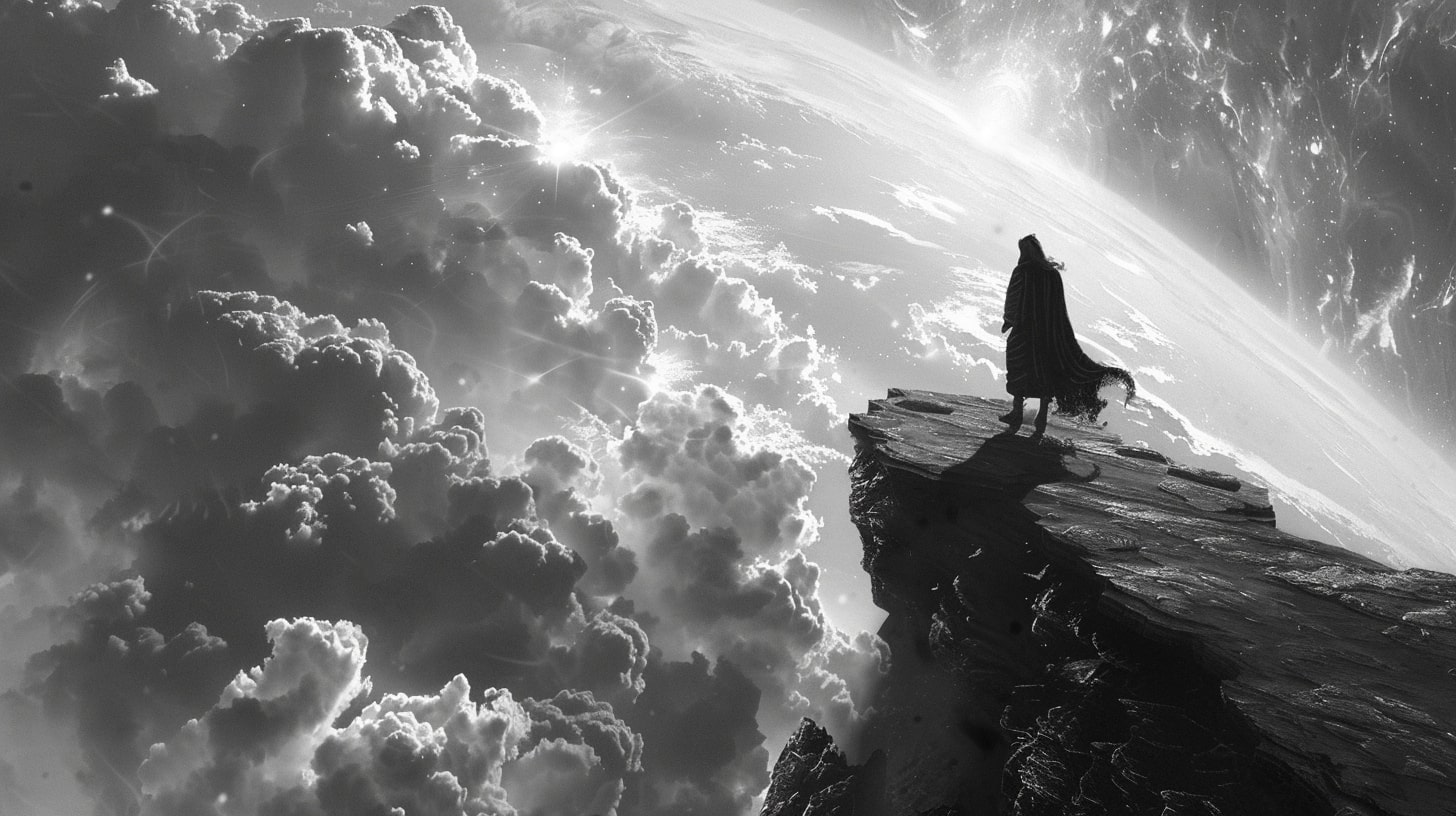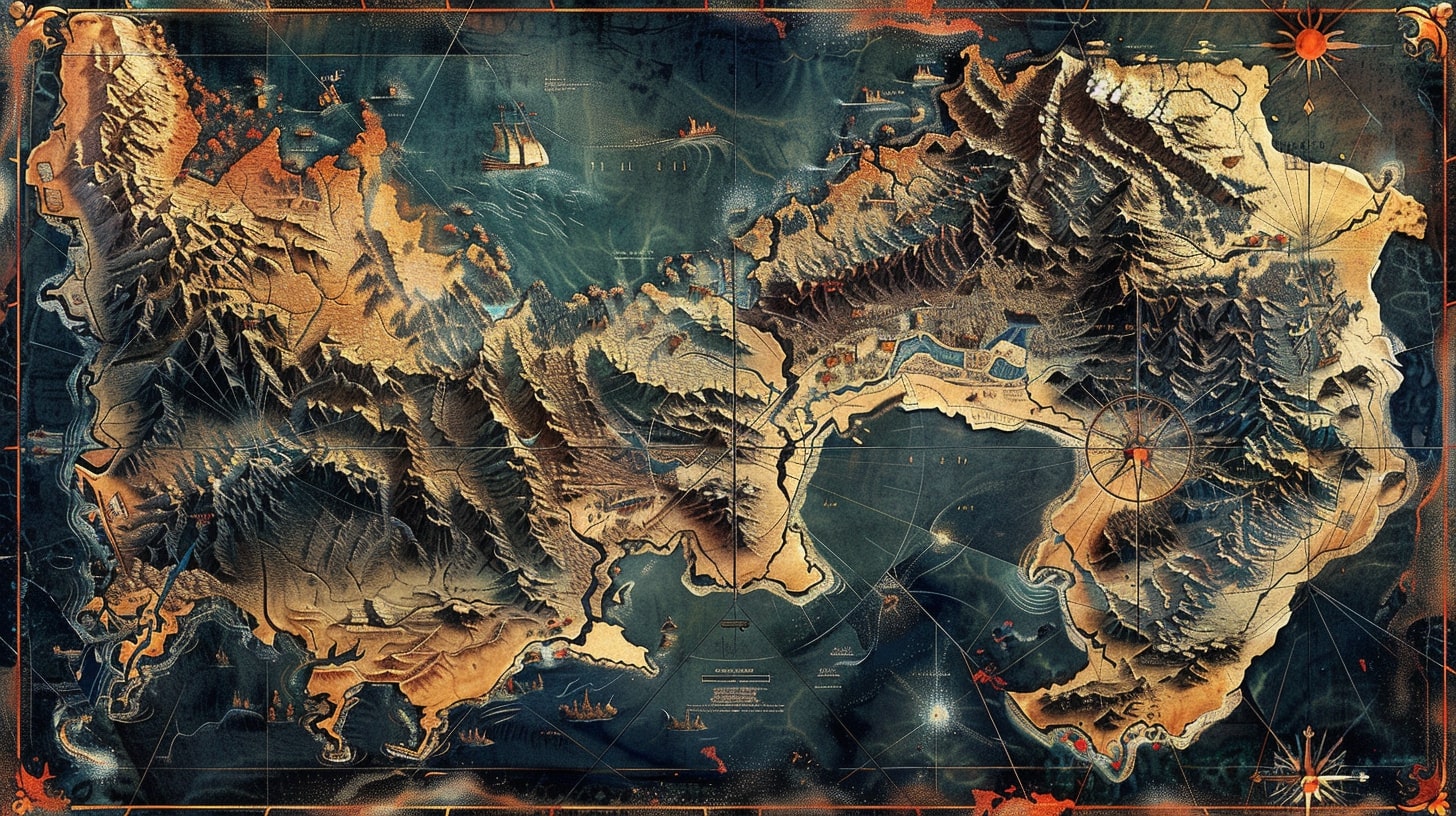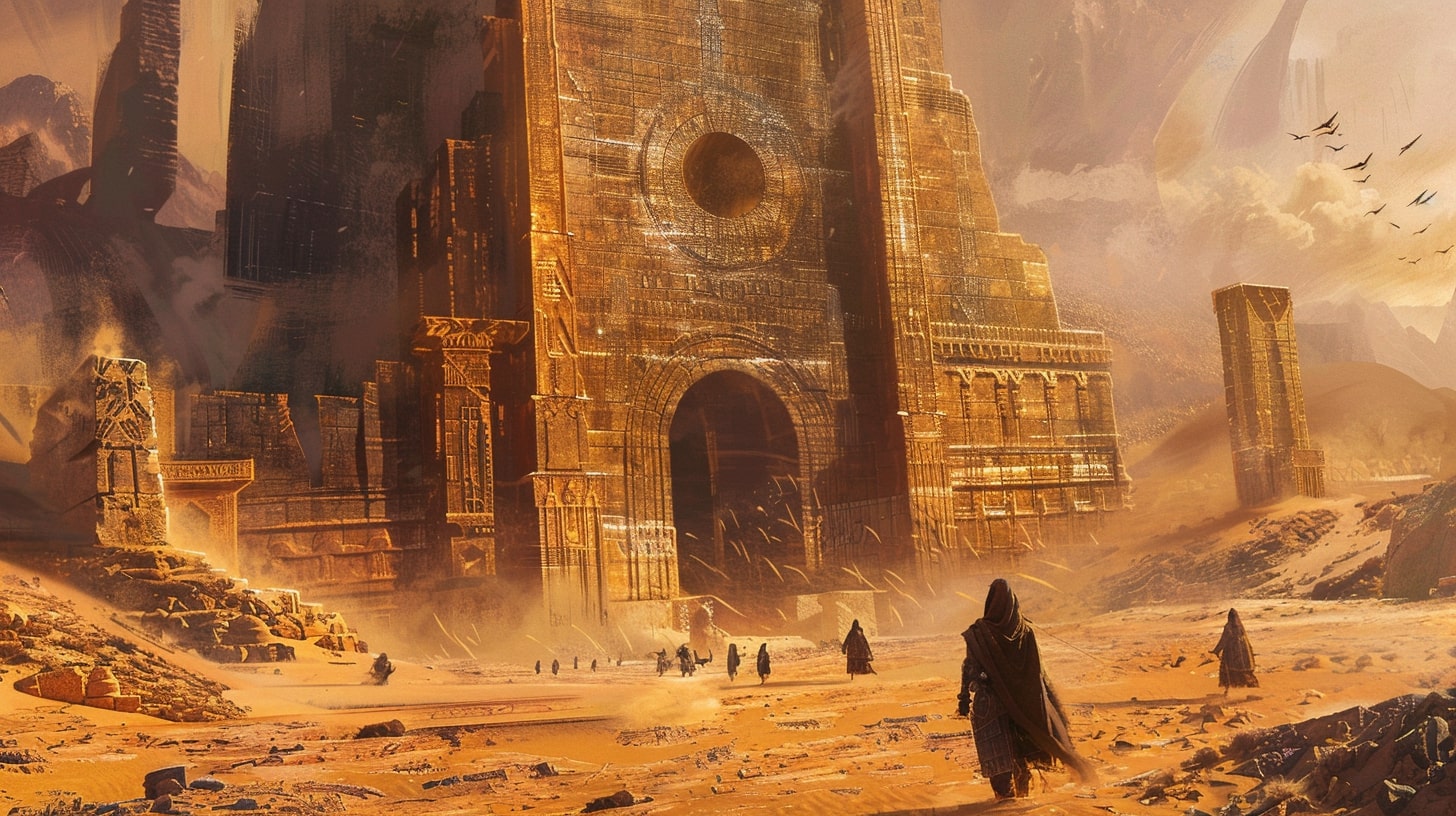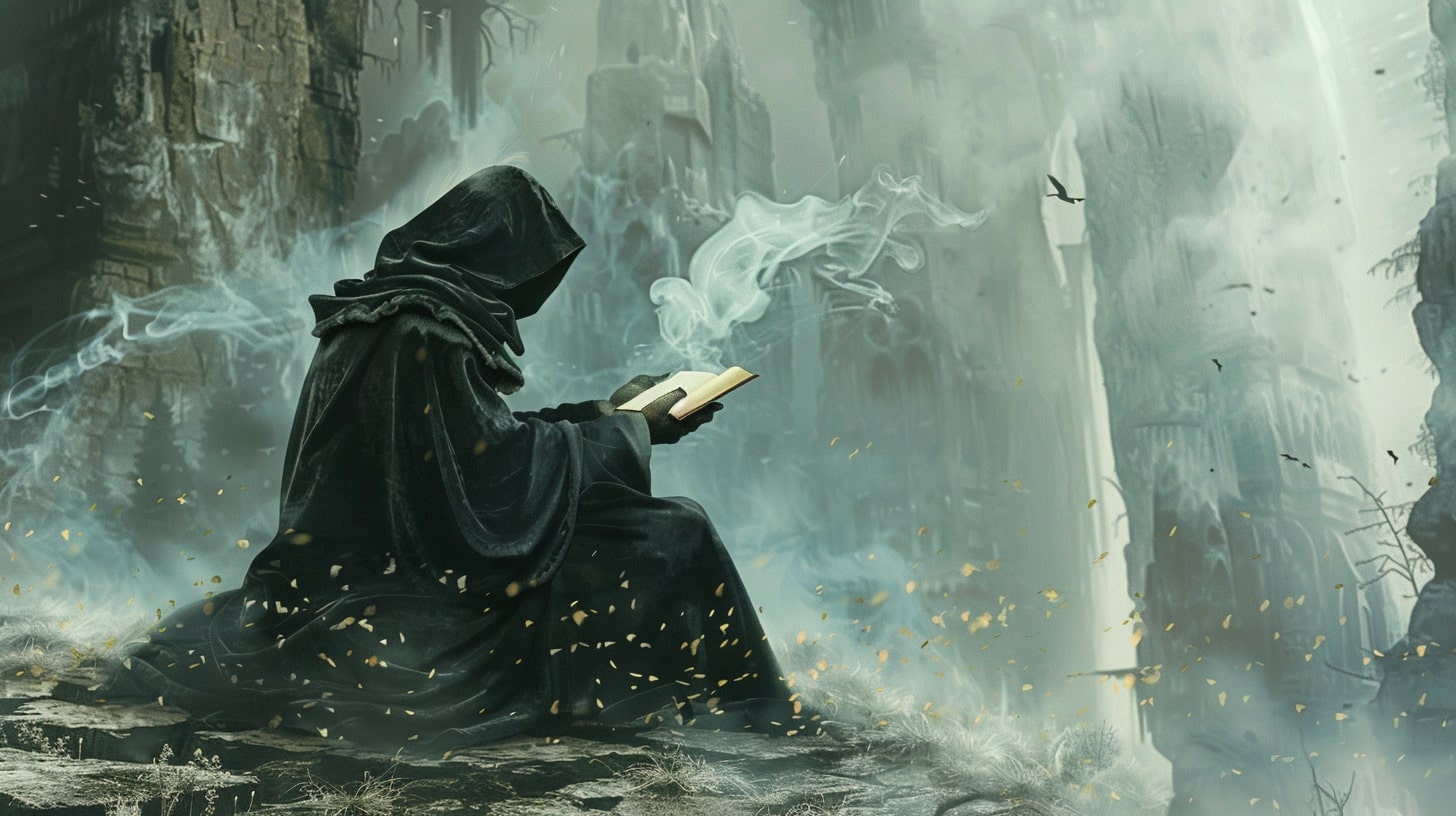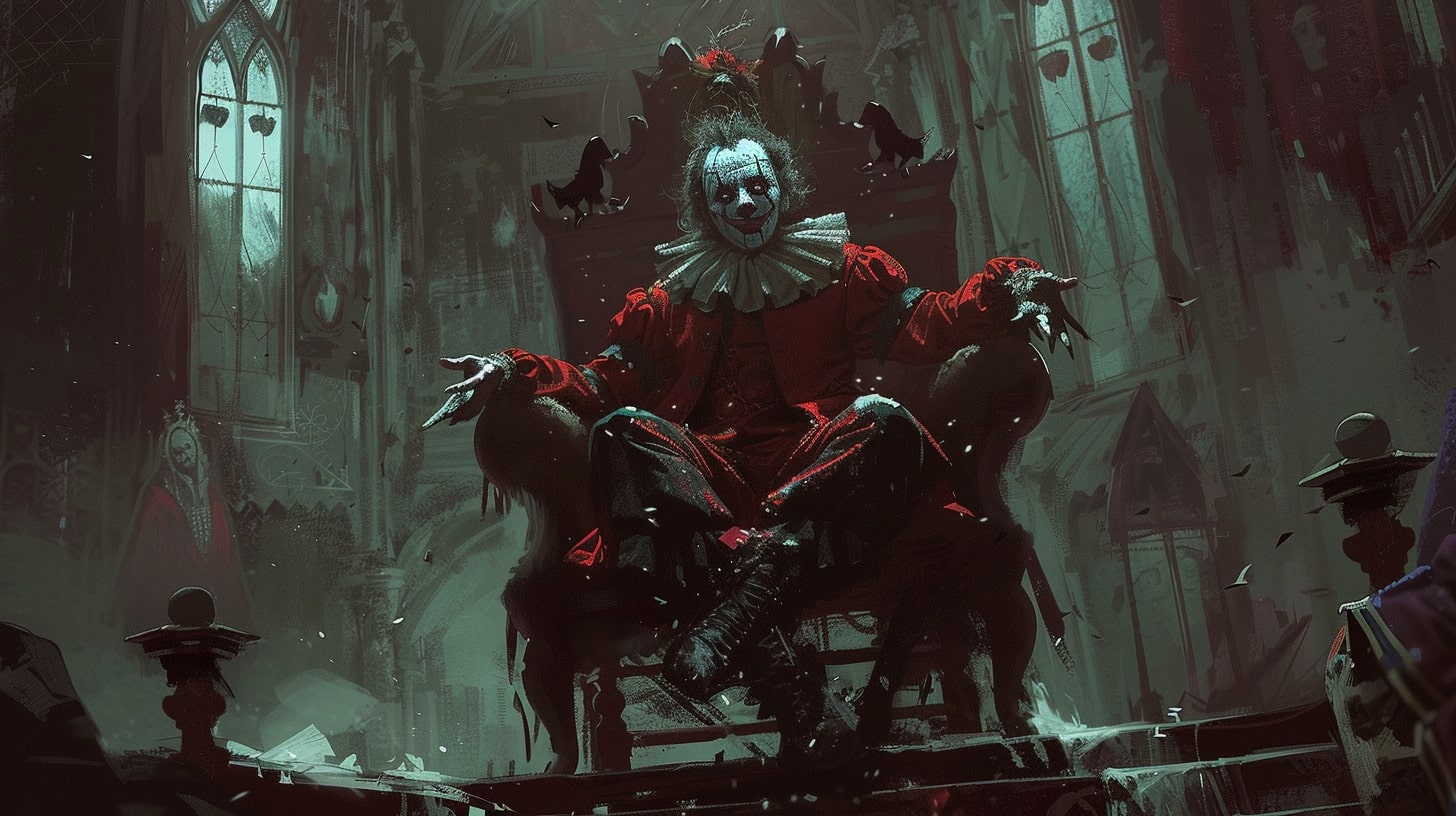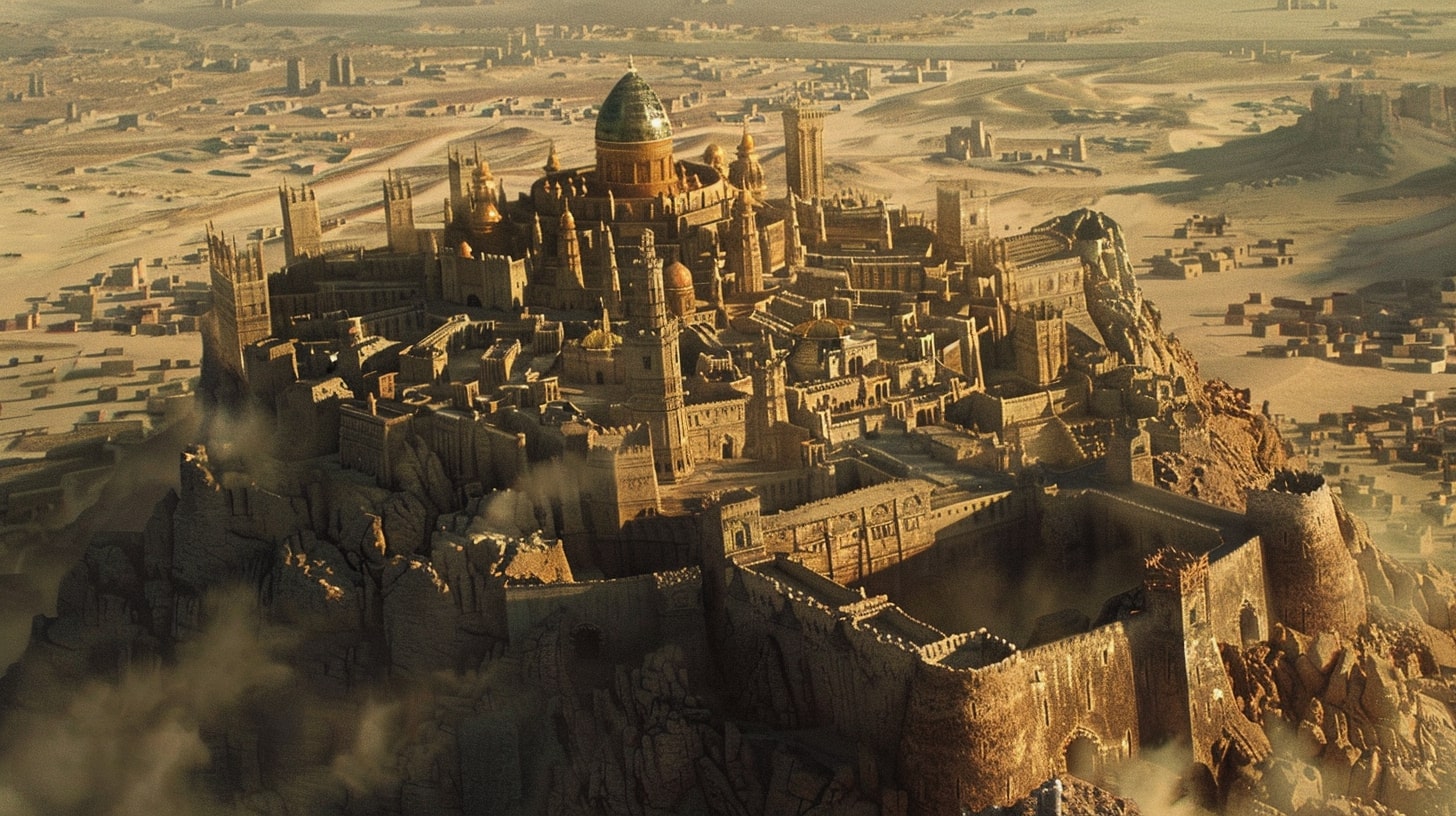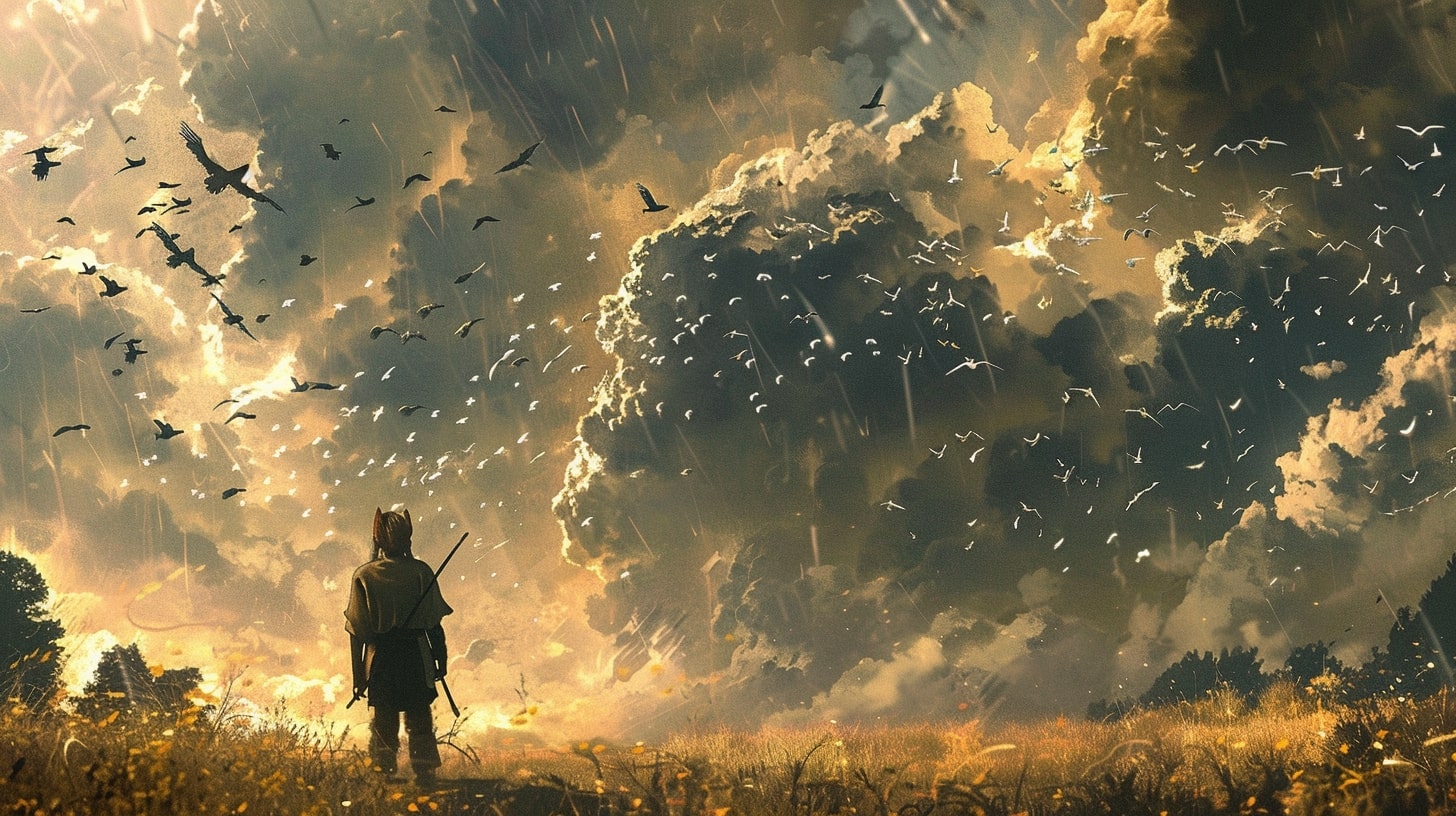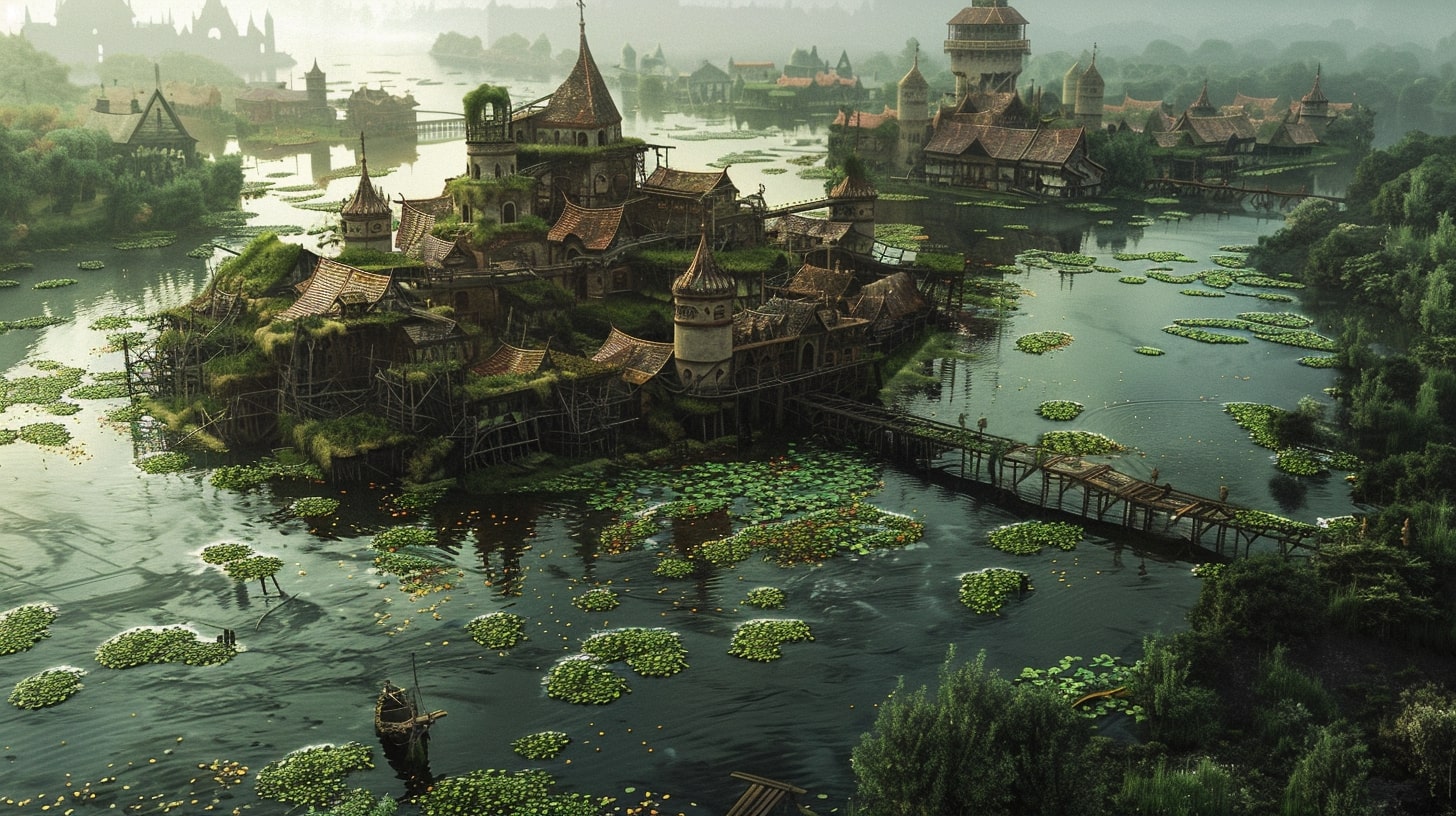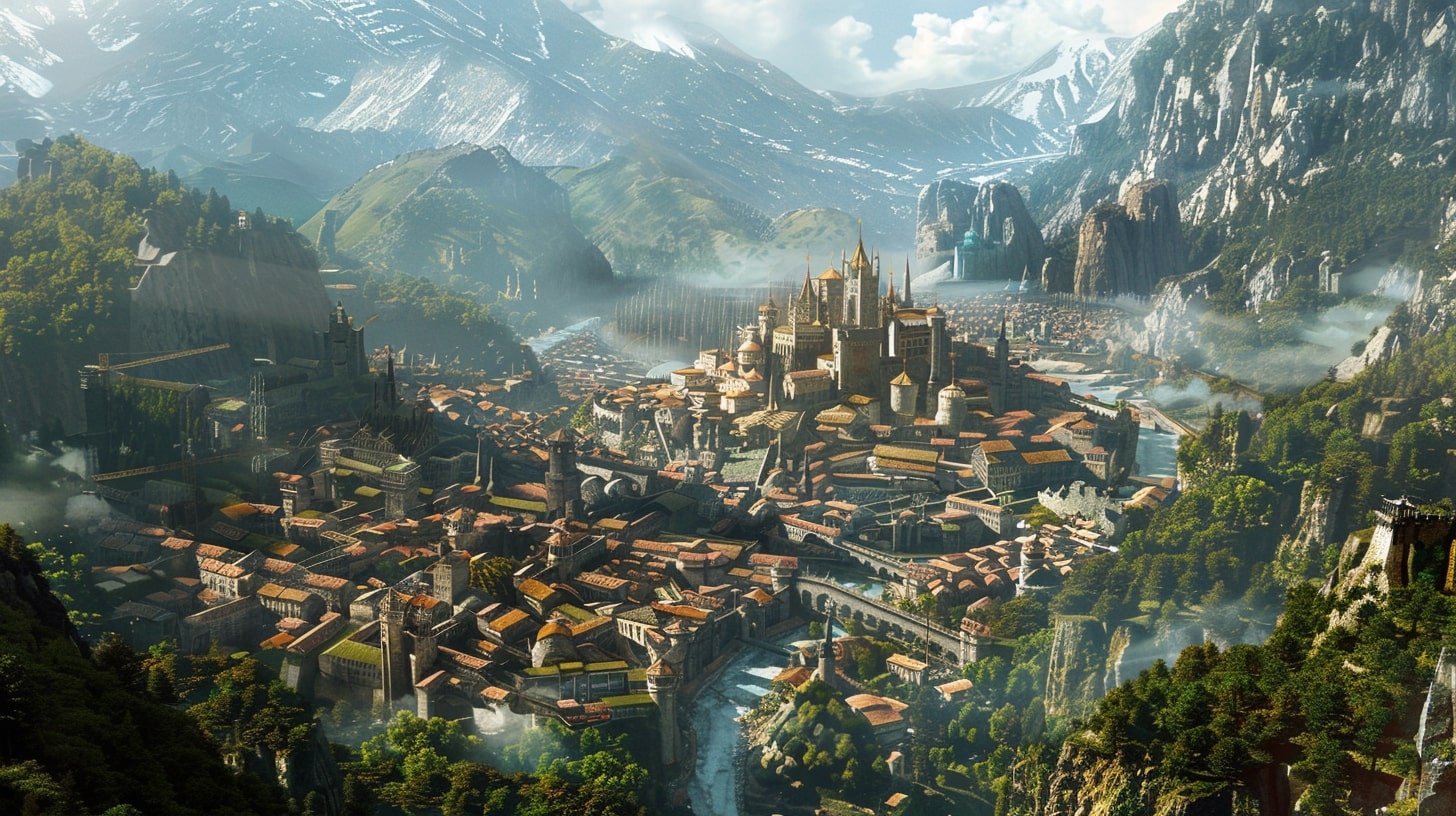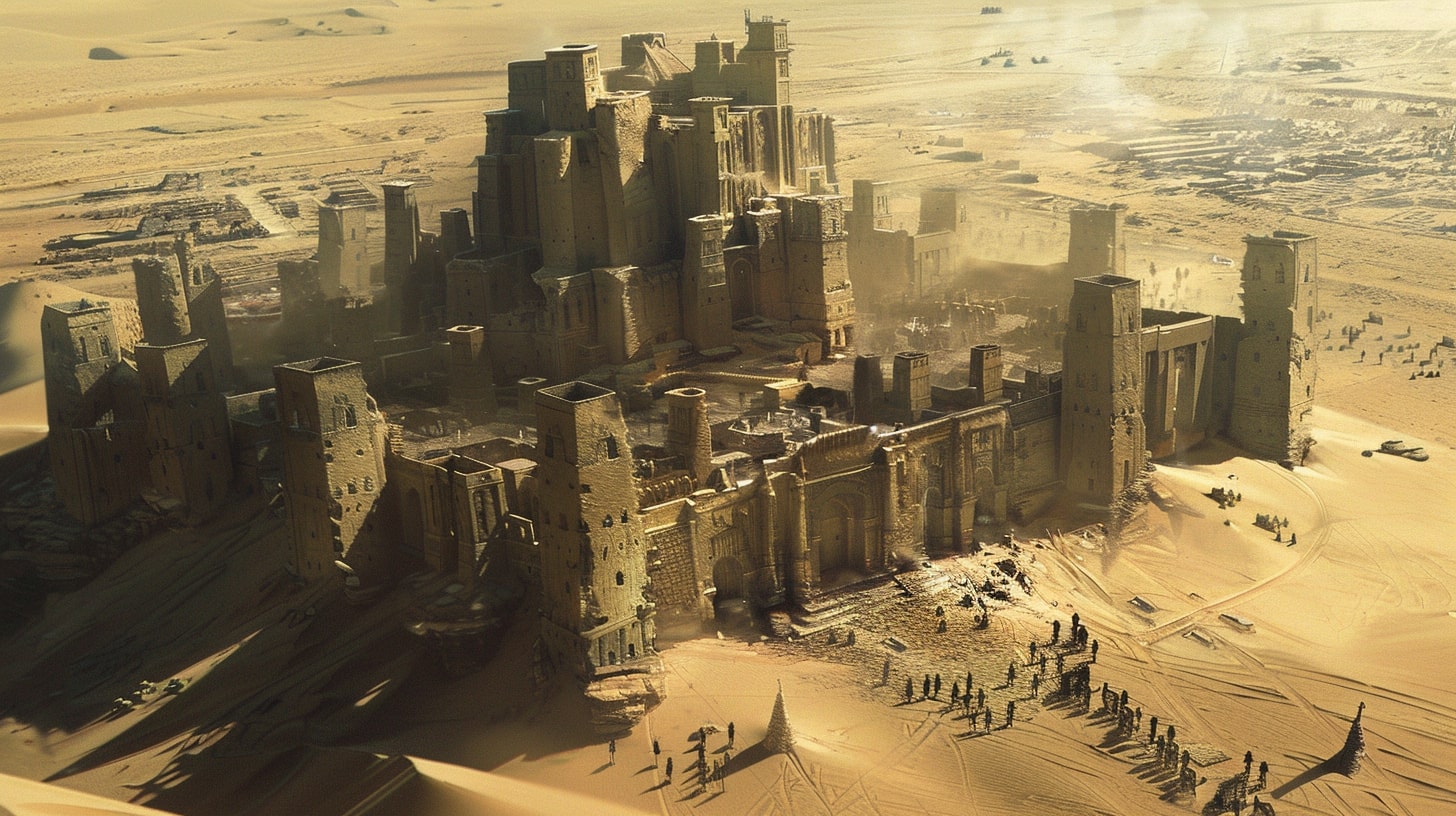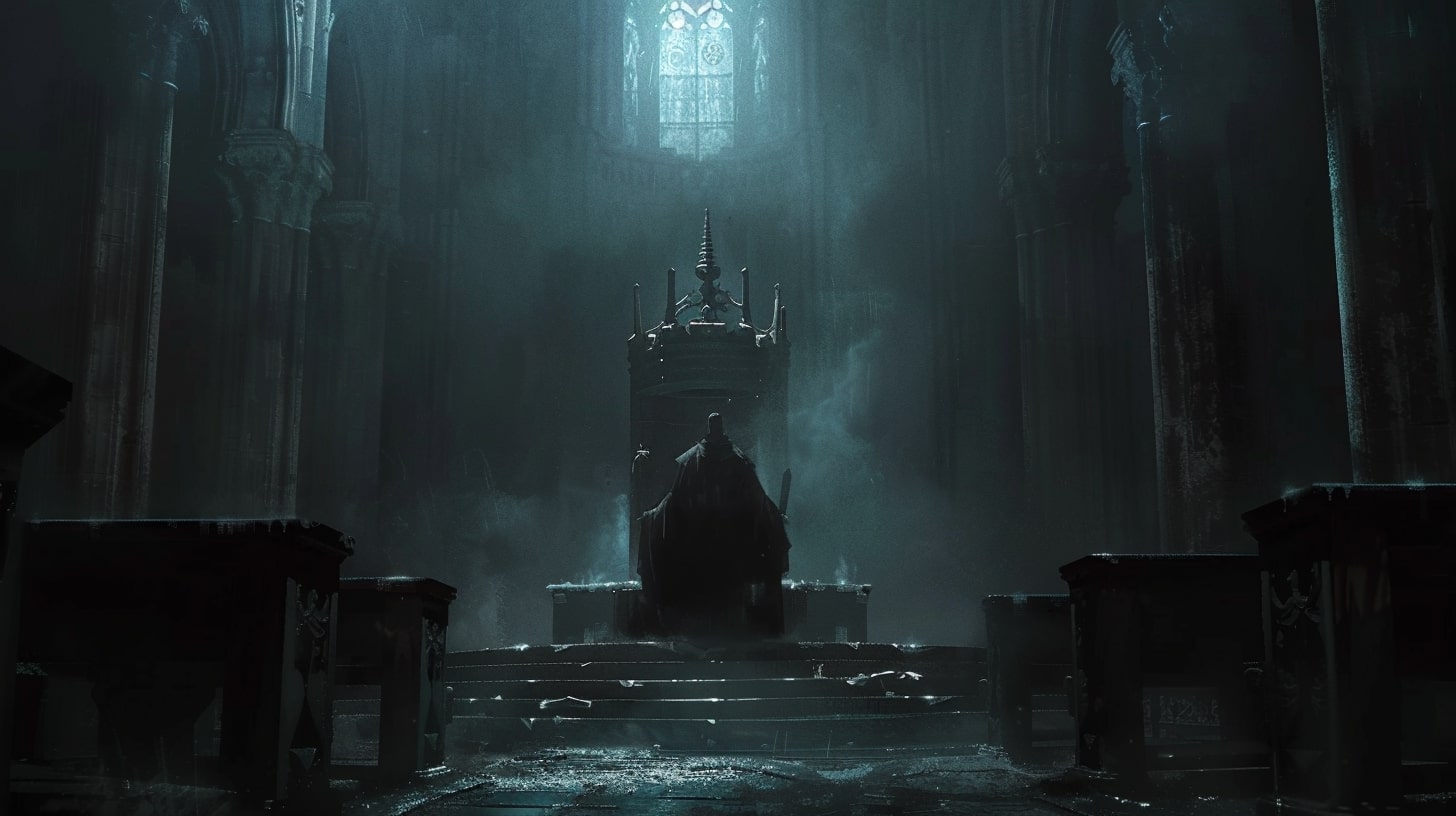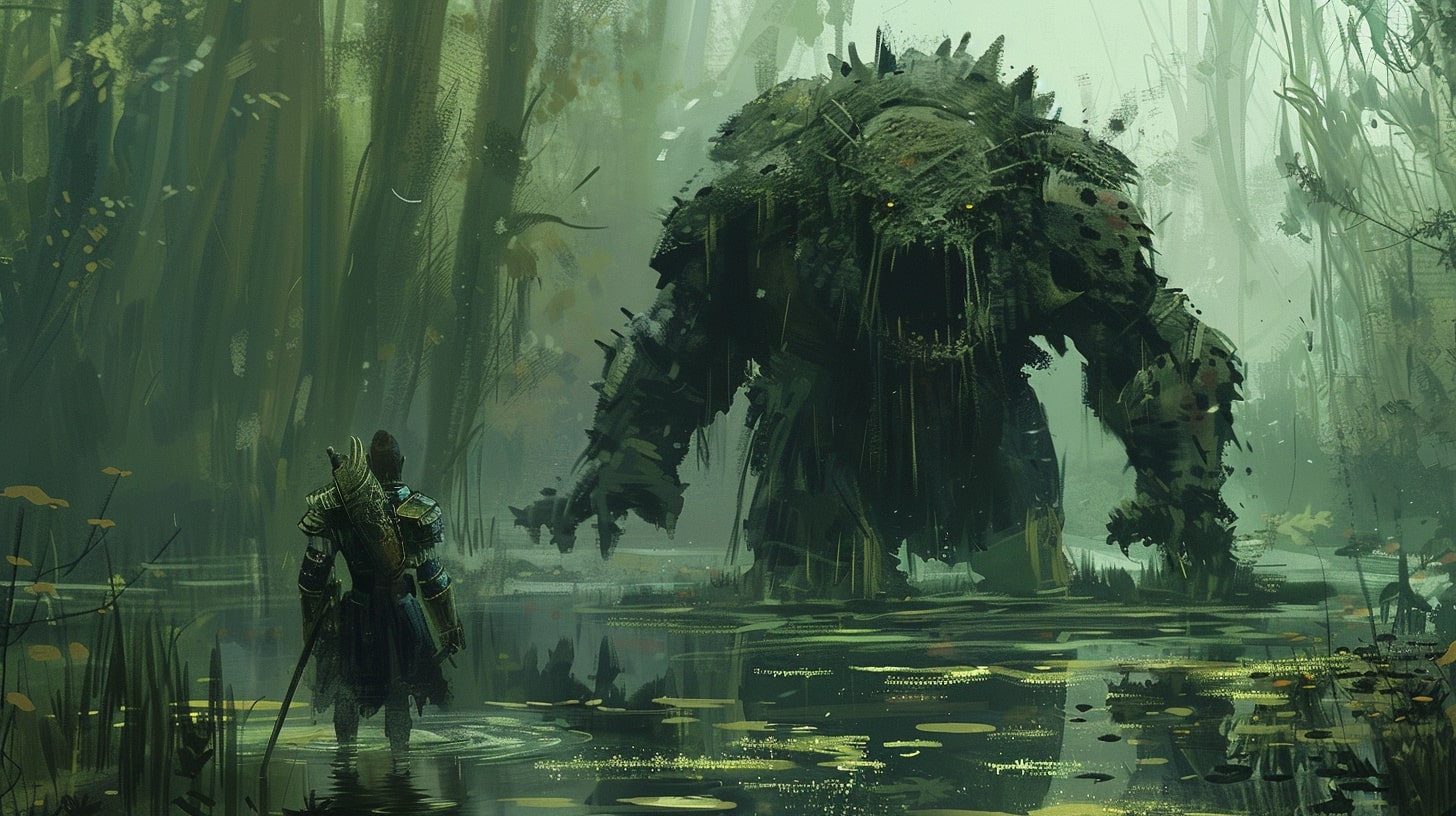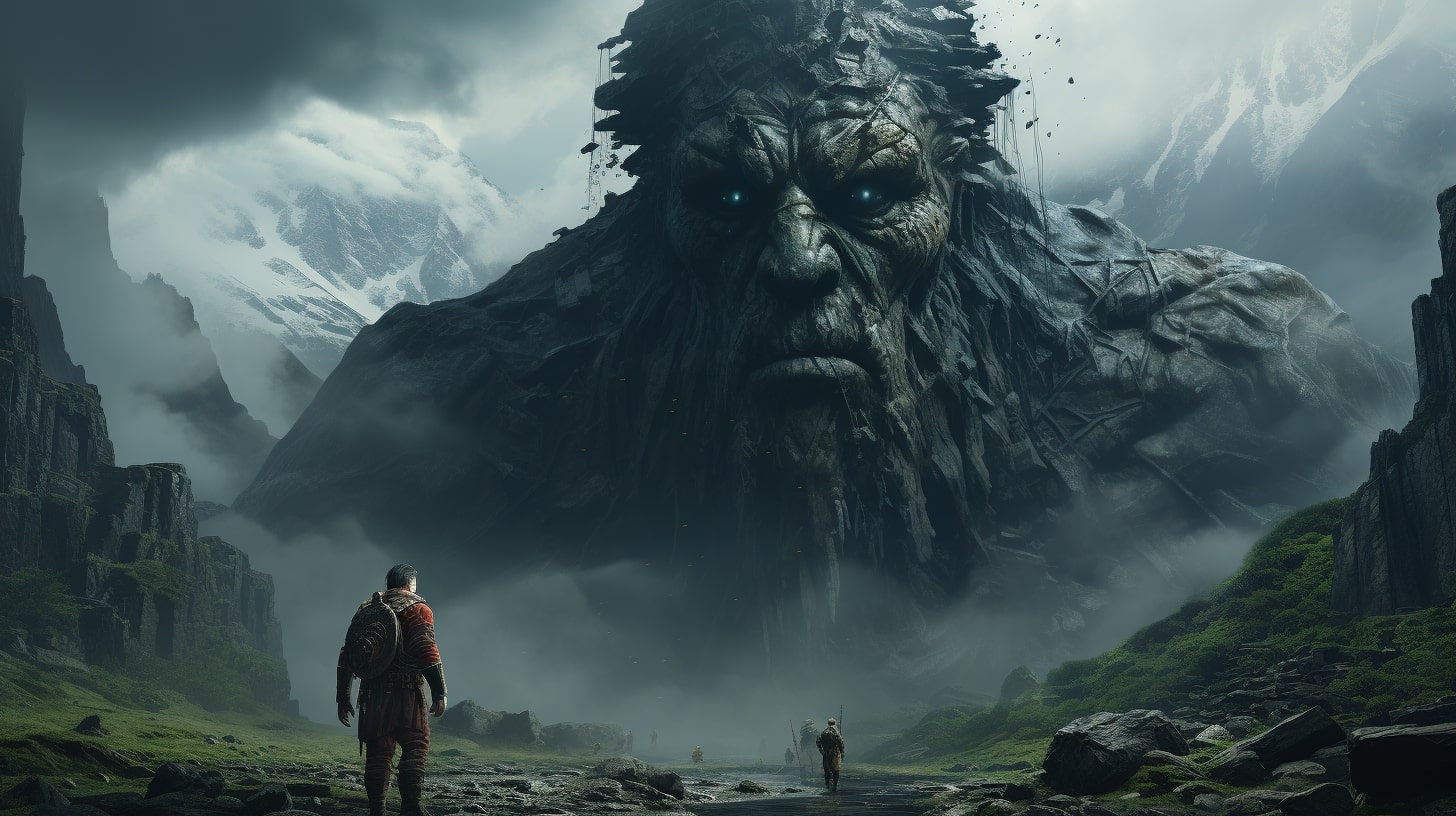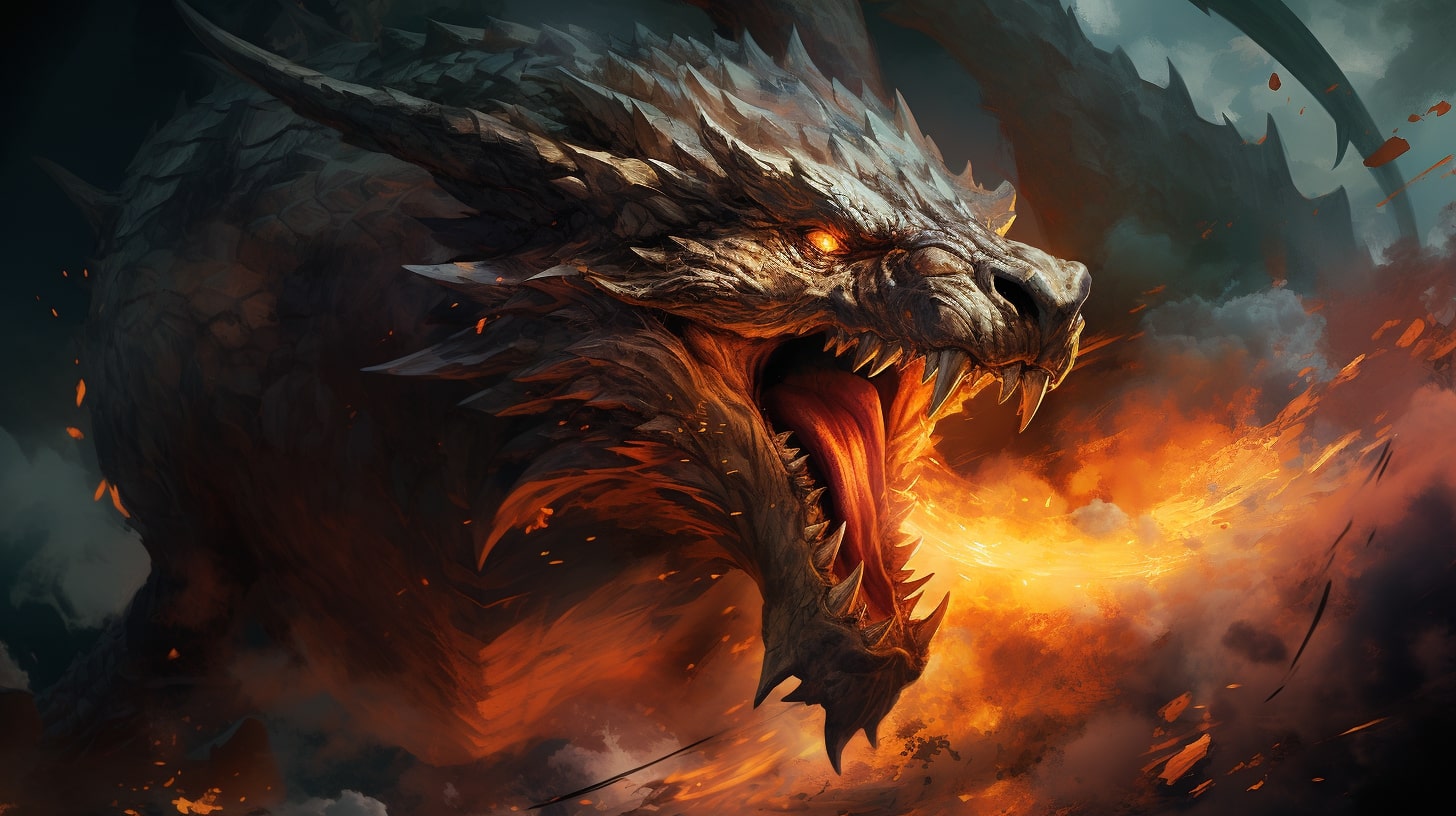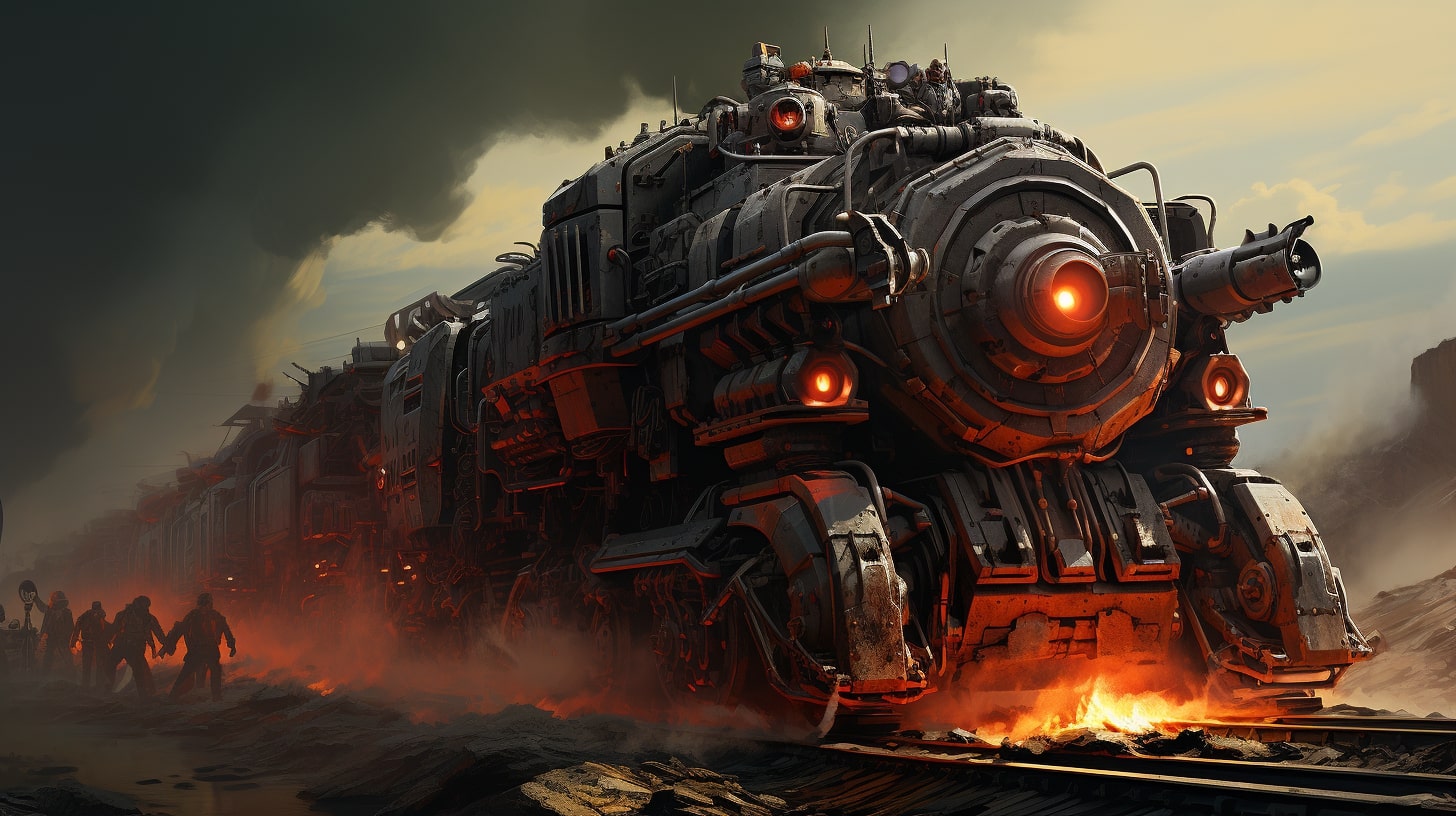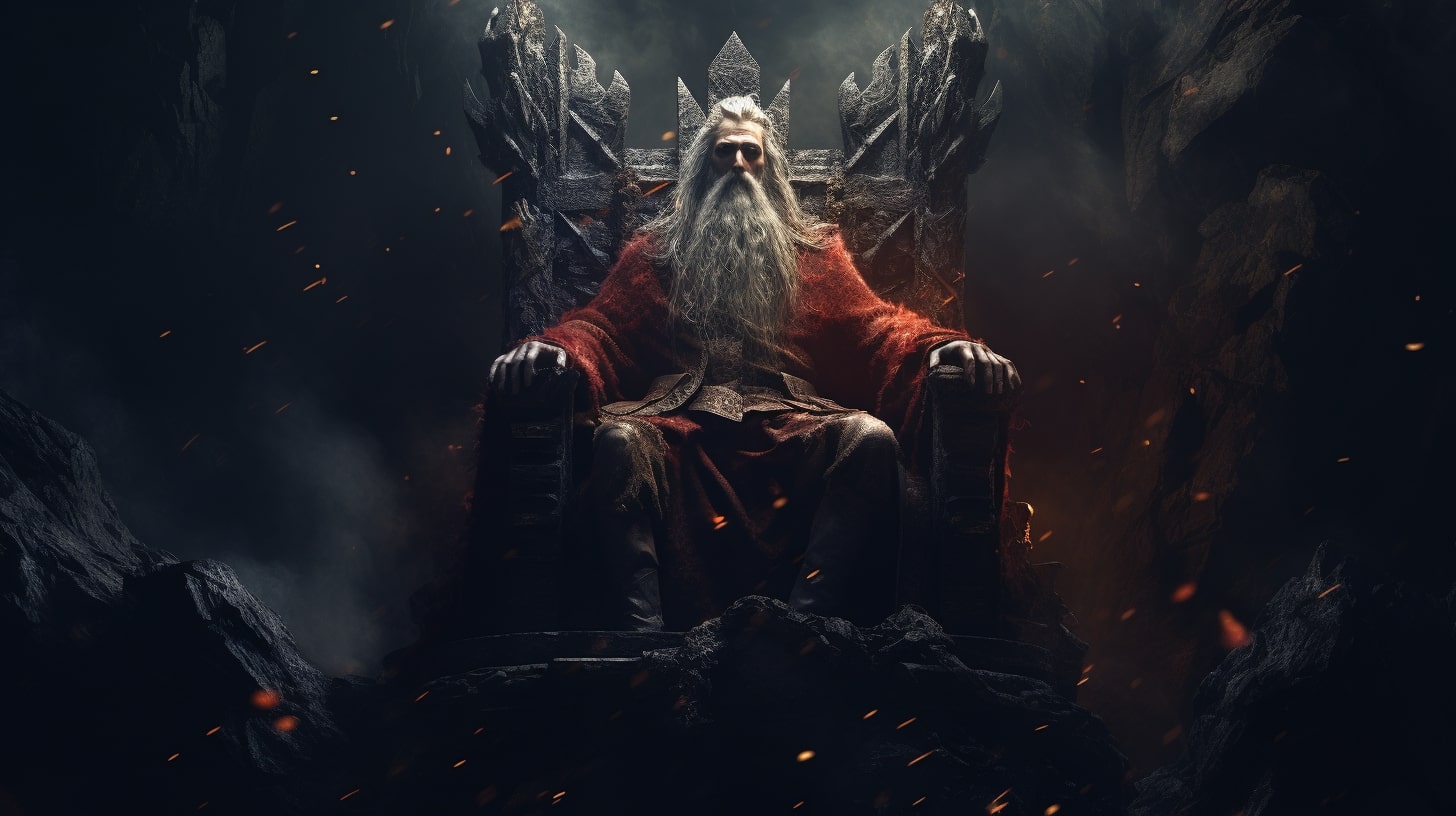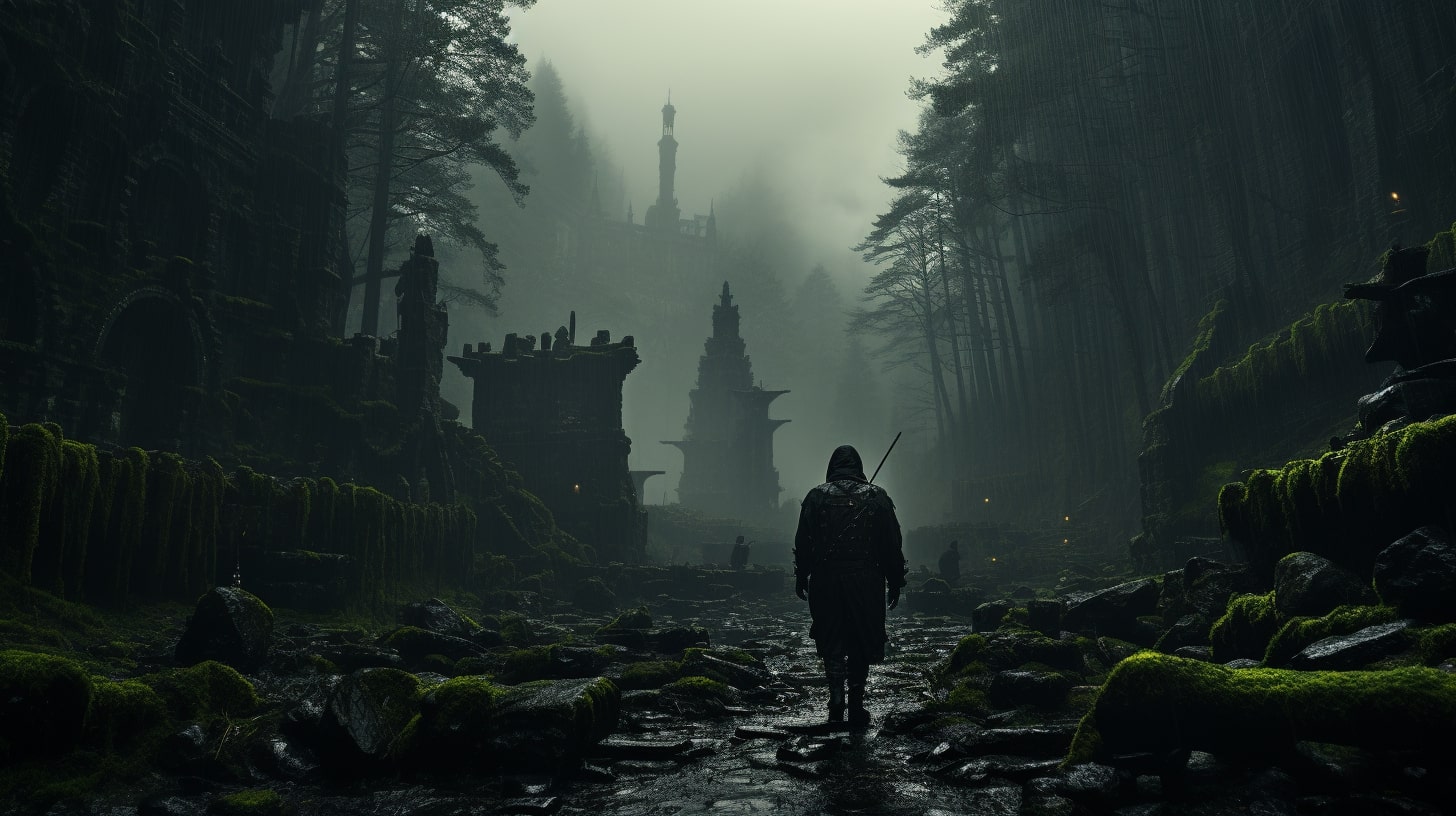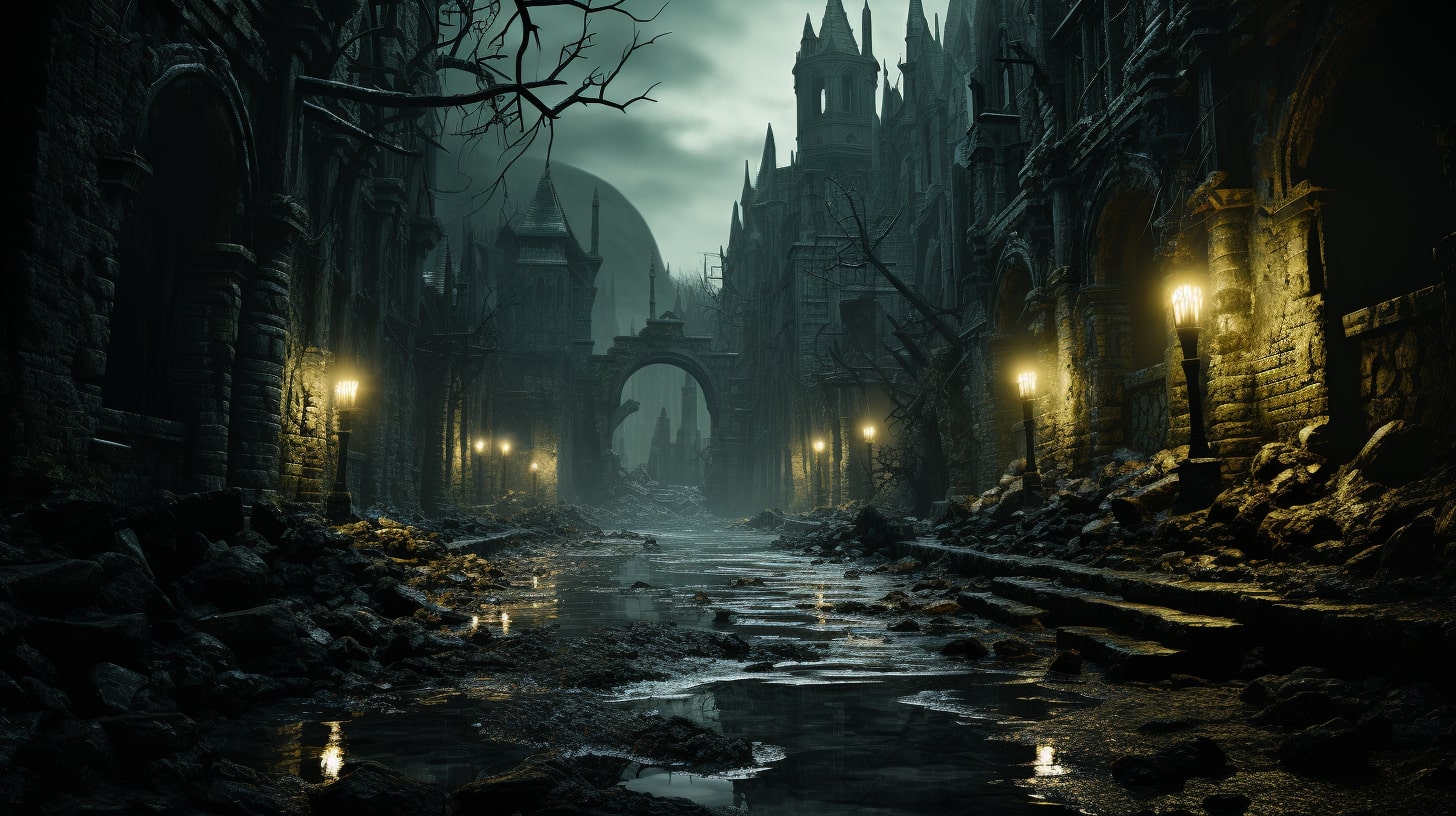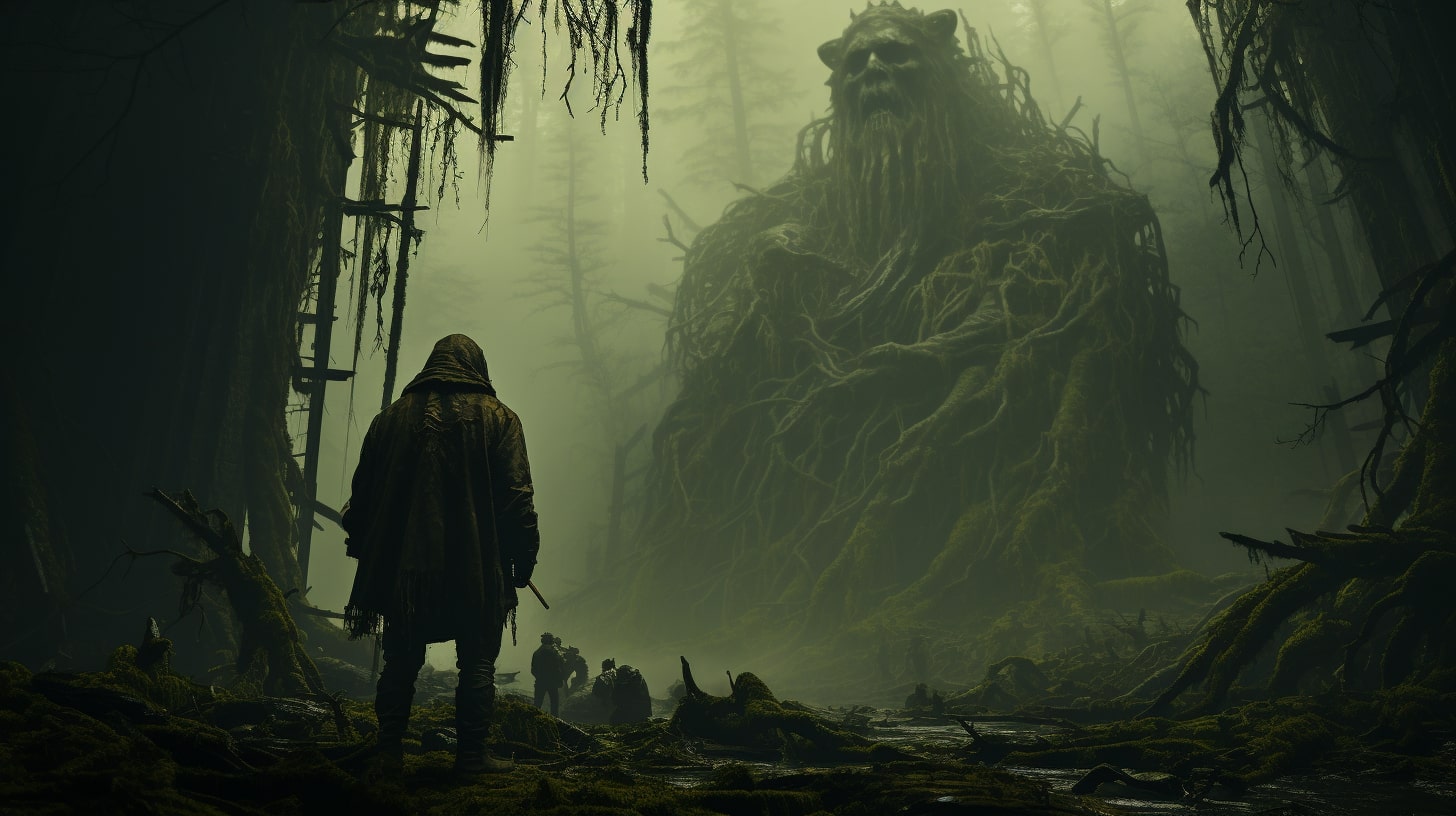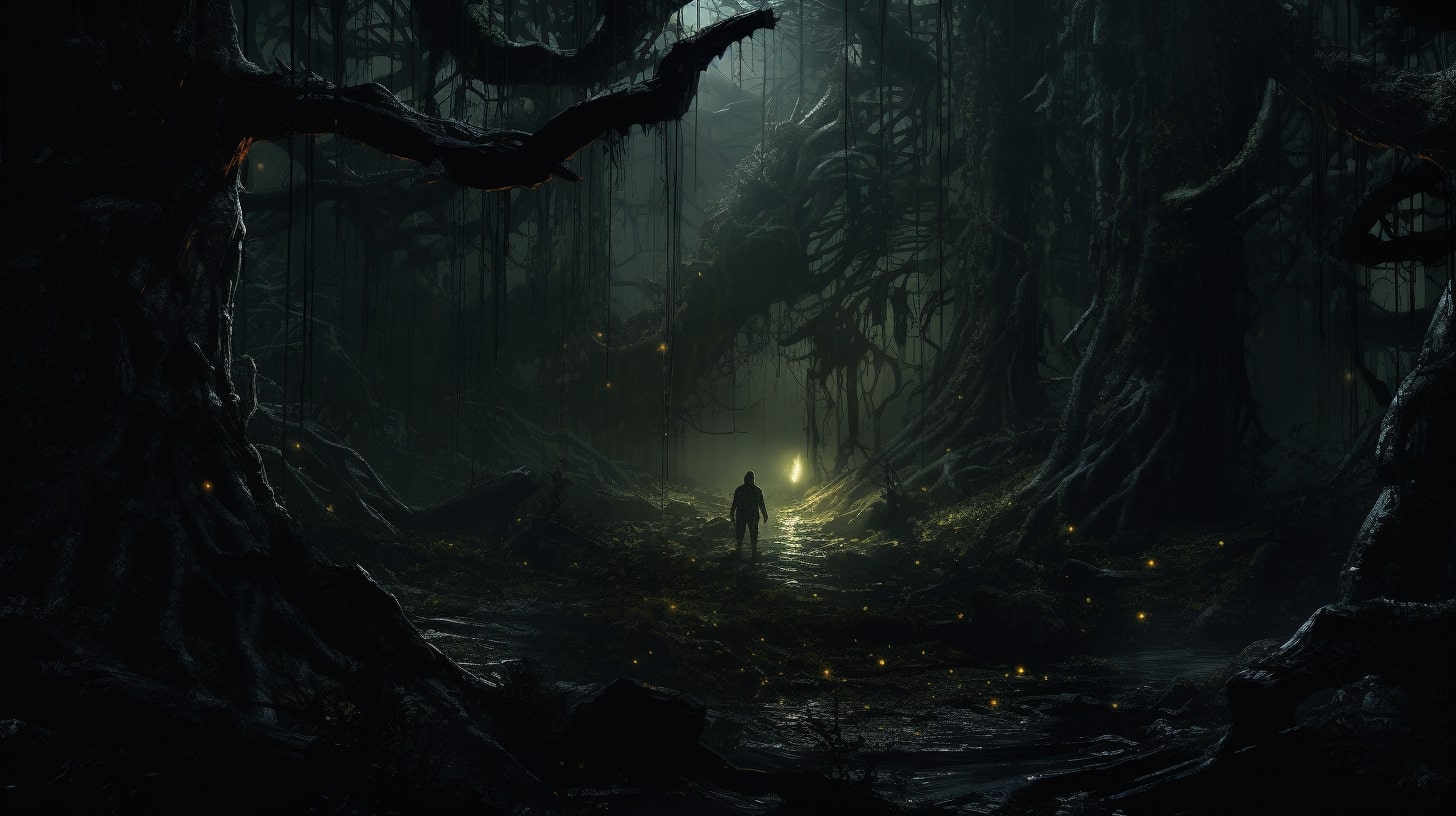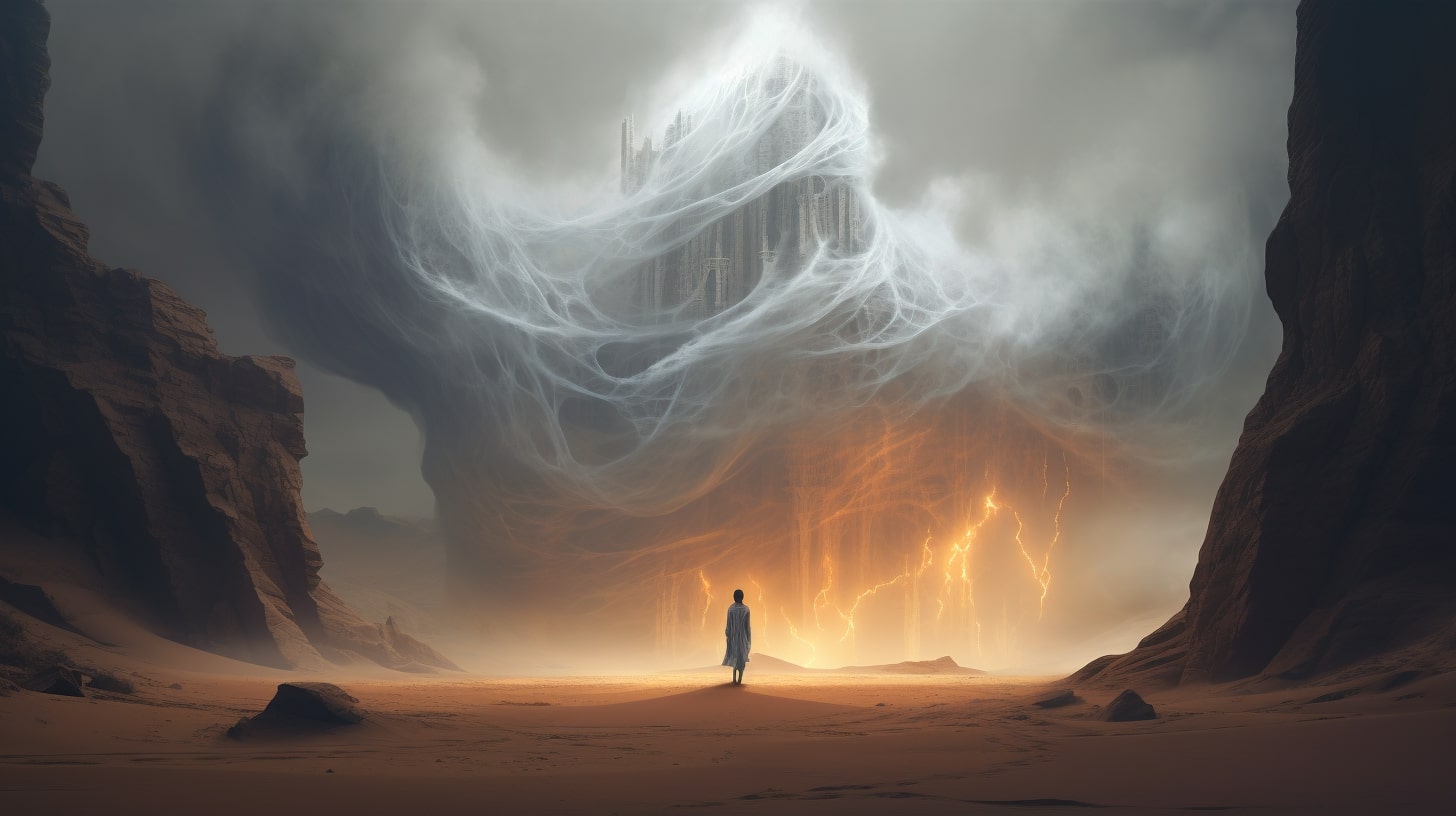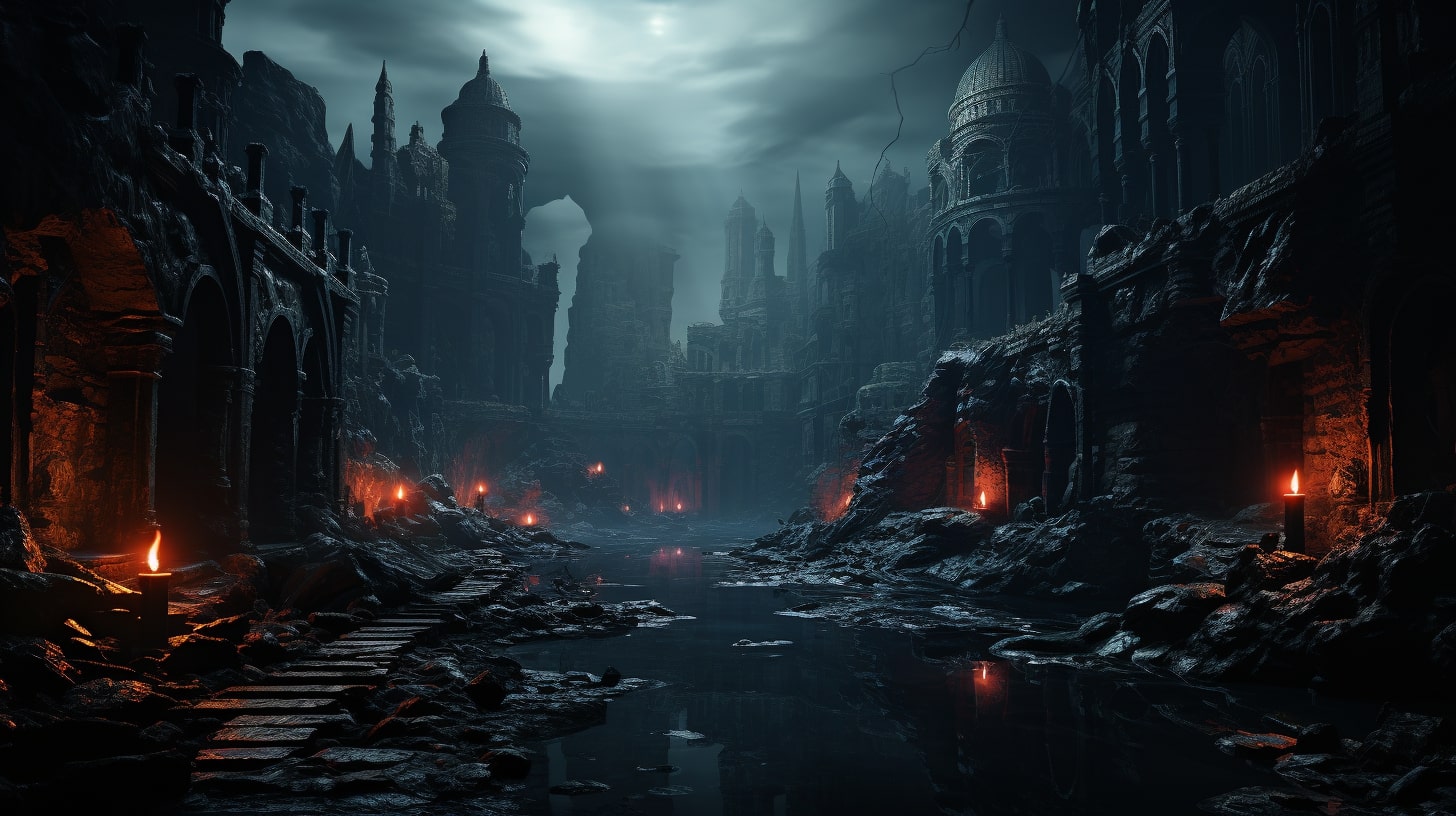The Art of Worldbuilding
Welcome to the fascinating world of worldbuilding! As a fantasy author, you have the power to create intricate and captivating worlds that transport your readers to places beyond their imagination.
Building a rich and vibrant world involves careful attention to detail, and one of the key aspects is developing diverse and authentic cultures.
Introduction to Worldbuilding
Worldbuilding is the creative process of constructing an entire fictional world, complete with its own geography, history, societies, and cultures. It allows you to shape every aspect of the world your story unfolds in, from the natural landscapes to the customs and beliefs of its inhabitants.
By crafting a well-developed and immersive world, you can enhance the storytelling experience, drawing readers into a realm where they can explore, discover, and connect with your characters and their journeys. As you embark on your worldbuilding adventure, remember that cultures play a vital role in bringing your world to life.
Importance of Cultures in Worldbuilding
Cultures are the foundation upon which societies are built. They shape how people live, communicate, and interact with one another. Incorporating diverse cultures into your world adds depth, complexity, and authenticity to the societies and characters you create.
Each culture within your world will have its own unique set of beliefs, values, traditions, and customs that influence the behavior and perspectives of its members.
The presence of distinct cultures also opens up opportunities for conflict, collaboration, and exploration within your story. It allows you to explore themes such as identity, diversity, and the clash of ideologies. By accurately depicting cultures, you can create a sense of realism and engage your readers on a deeper level.
When developing cultures in your world, consider various elements such as language, social structure, customs, traditions, and more. These elements will shape the way your characters interact, the conflicts they face, and the values they hold dear. By paying attention to the intricate details of cultures, you can create a more immersive and believable world.
In the following sections, we'll delve deeper into the process of creating cultures and explore the different elements that contribute to their formation. Are you ready to unlock the secrets of worldbuilding cultures? Let's embark on this incredible journey together!
Continue reading to learn more about worldbuilding ideas and worldbuilding prompts that can help fuel your imagination and guide you in the creation of your unique fictional world.
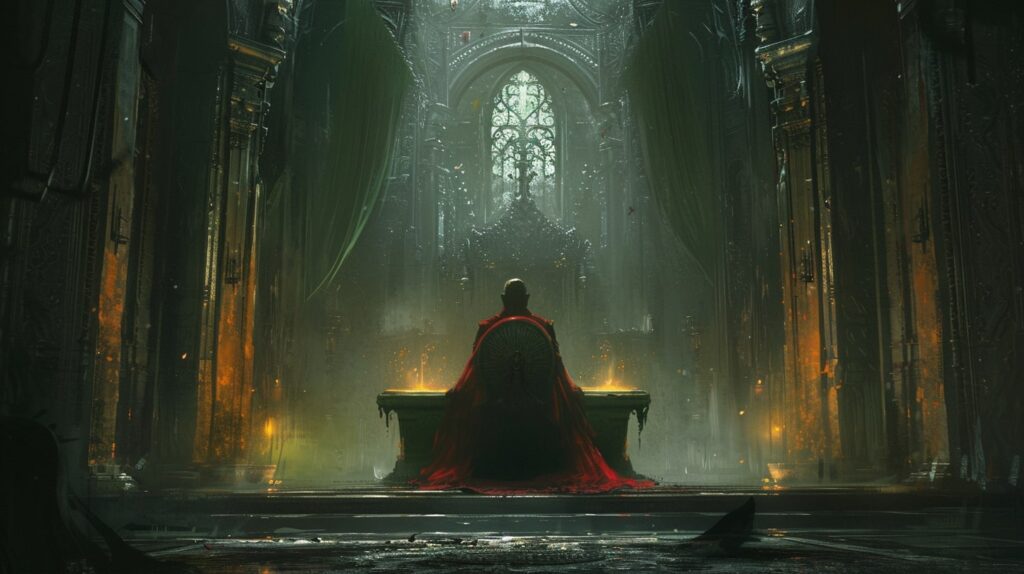
Worldbuilding Cultures: Creating Cultures in Your World
When it comes to worldbuilding, creating unique and vibrant cultures is a crucial aspect of bringing your fictional world to life. Cultures shape the beliefs, values, and behaviors of the people within your world, adding depth and richness to your storytelling.
In this section, we will explore two essential components of culture: understanding cultural elements and building beliefs and values.
Understanding Cultural Elements
To create compelling cultures, it's important to understand the various elements that contribute to the formation of a distinct culture. These elements include:
Language and Communication: Language plays a vital role in shaping cultural identity. Consider developing unique languages or dialects for different cultural groups within your world. Explore how language influences communication styles, expressions, and even humor.
Social Structure and Hierarchy: Every culture has its own social structure, which defines the relationships, roles, and expectations within a society. Consider the social hierarchies, family structures, and systems of governance that exist in different cultures within your world. This will help you create realistic interactions and conflicts between characters.
Customs, Traditions, and Rituals: Customs, traditions, and rituals are the practices and ceremonies that are deeply rooted in a culture's history and beliefs. These can include religious ceremonies, coming-of-age rituals, or annual festivals. Developing unique customs and traditions will add authenticity and depth to your cultures.
Building Beliefs and Values
Beliefs and values are at the core of any culture and greatly influence the behavior and mindset of its people. When building cultures for your world, consider the following aspects:
Religion and Spirituality: Religion and spirituality can shape a culture's beliefs, moral values, and worldview. Explore the various religious beliefs and practices within your world. Consider the impact of these beliefs on daily life, social interactions, and even conflicts between different cultural groups. For more guidance on developing religions in your world, check out our article on worldbuilding religion.
Morality and Ethics: Every culture has its own set of moral values and ethical codes. These values shape the behavior and decision-making of individuals within the culture. Consider the moral dilemmas, taboos, or virtues that are important to different cultural groups in your world. This will help you create more nuanced and realistic characters.
Worldview and Philosophy: The worldview and philosophy of a culture can greatly impact how its people perceive the world and their place in it. Consider the cultural attitudes towards nature, time, fate, or the afterlife. These elements will contribute to the overall tone and atmosphere of your world.
The Mandari civilization on Andrascu held themselves to the highest of values or so they believed.
Understanding the cultural elements and building the beliefs and values of the cultures within your world will provide a solid foundation for creating engaging and immersive storytelling.
Remember to consider the interplay between different cultures, as well as the impact of geography, historical events, and interactions on the development of these cultures. In the next section, we will delve deeper into these aspects of cultural diversity.
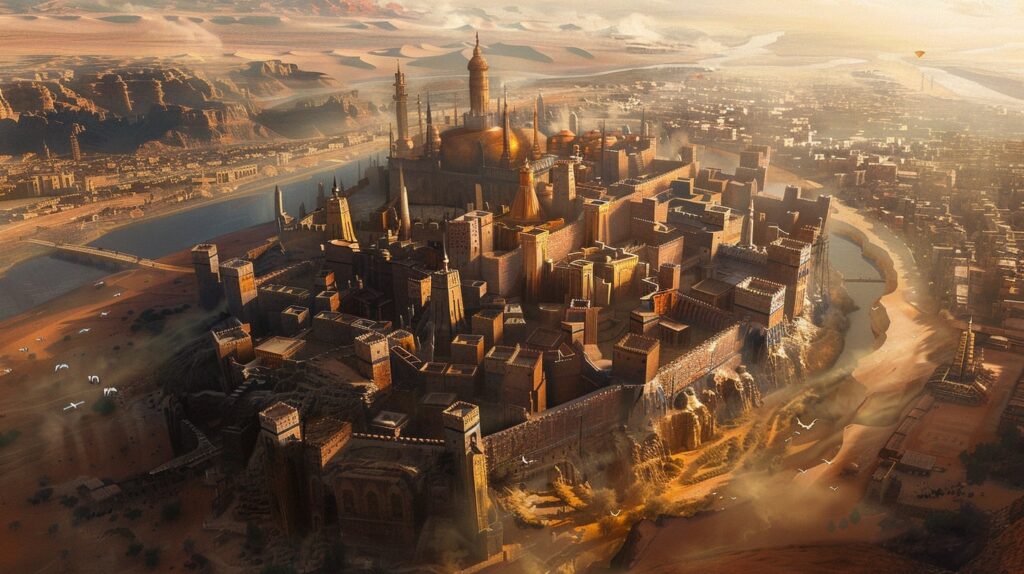
Elements of Culture
When it comes to worldbuilding cultures, there are several key elements that contribute to the richness and authenticity of your created world. These elements shape the society, interactions, and behaviors of the inhabitants of your world. Understanding and developing these elements will bring depth and believability to your fictional cultures.
Three essential elements to consider are language and communication, social structure and hierarchy, and customs, traditions, and rituals.
Language and Communication
Language plays a fundamental role in shaping culture. It influences how individuals communicate, express their thoughts and emotions, and understand the world around them.
When creating cultures within your world, consider developing unique languages or dialects that reflect the values, environment, and history of the society.
The language spoken by your characters can impact their interactions, relationships, and societal structures. It can also provide insight into the cultural norms, beliefs, and social hierarchy present in the society. Explore the nuances of language, such as specific phrases or idioms, to add depth and realism to your created cultures.
Social Structure and Hierarchy
Social structure and hierarchy play a significant role in shaping the relationships and dynamics within a culture. It determines how power, authority, and resources are distributed among individuals or groups. When crafting cultures in your world, consider the social structure and the roles individuals play within the society.
The social structure can range from egalitarian societies with minimal hierarchy to complex systems with rigid social classes. It can be based on factors such as wealth, birthright, occupation, or even magical abilities. Understanding the social structure of your cultures will help you create believable interactions and conflicts between characters.
Customs, Traditions, and Rituals
Customs, traditions, and rituals are important aspects of culture that provide a sense of identity and belonging. These practices can encompass a wide range of activities, including celebrations, ceremonies, rites of passage, and daily routines. They often reflect the values, beliefs, and history of a society.
Consider developing unique customs and traditions for your cultures. Explore their significance, symbolism, and the reasons behind their existence. These customs and traditions can be related to various aspects of life, such as marriage, birth, death, or even the changing of seasons. Incorporating these cultural practices will add depth and realism to your world.
By carefully considering the elements of language and communication, social structure and hierarchy, and customs, traditions, and rituals, you can create immersive and authentic cultures within your world. Remember to explore the diverse ways in which these elements can manifest, allowing your fictional societies to come alive for readers. For more insights and inspiration on worldbuilding, check out our articles on worldbuilding elements and worldbuilding techniques.
Developing Cultural Diversity
To create a rich and vibrant world, developing cultural diversity within your worldbuilding is essential. By incorporating various influences and factors, you can craft unique cultures that add depth and authenticity to your fictional world. Here are three key elements to consider: geography and climate influence, historical events and influences, and interactions and exchanges.
Geography and Climate Influence
The geographical features and climate of a region can greatly impact the development of its culture. The natural environment, such as mountains, forests, deserts, or coastlines, can shape the lifestyle, traditions, and even the economy of the people who inhabit those areas.
For example, communities living in coastal regions may have a strong connection to the sea, relying on fishing as a primary means of sustenance and developing seafaring traditions.
Consider how the geographical characteristics of your world impact the cultures within it. Create a diverse range of regions, each with their own distinct geography and climate, to cultivate unique cultural identities. Remember to research real-world examples and draw inspiration from worldbuilding geography resources to ensure authenticity and depth.
Historical Events and Influences
Just as in the real world, historical events and influences play a significant role in shaping cultures. Wars, conquests, migrations, and other pivotal moments in history can leave lasting imprints on societies.
These events can lead to the blending of cultures, the adoption of new customs, or the preservation of long-standing traditions.
Consider the historical context of your world and how past events have shaped its cultures. Develop a timeline and explore the impact of significant moments on different regions and societies. This will help you create cultures that feel dynamic and rooted in history. For more guidance on incorporating history into your worldbuilding, check out our article on worldbuilding history.
Interactions and Exchanges
Interactions and exchanges between cultures are catalysts for cultural development. Trade, diplomacy, migration, and exploration can introduce new ideas, technologies, and customs to different societies. These cross-cultural interactions can lead to the assimilation of foreign elements or the emergence of hybrid cultures.
Think about how different cultures in your world come into contact with one another. Are there trading routes, diplomatic relations, or conflicts that bring them together? By considering these interactions, you can create diverse cultures that have been influenced by each other. This can add complexity and depth to your worldbuilding. Need more inspiration? Our article on worldbuilding interactions can provide helpful insights.
As you develop cultural diversity within your worldbuilding, remember to approach it with sensitivity and respect. Avoid falling into stereotypes and clichés by researching and understanding the cultures you draw inspiration from. Incorporate worldbuilding elements that reflect the nuances and complexities of real-world cultures. By doing so, you can create a rich tapestry of cultures that captivate your readers and enhance the immersive experience of your world.
Bringing Cultures to Life
To truly immerse your readers in your created world, it's essential to bring the cultures within it to life. Cultures are rich and diverse, encompassing various aspects of human life. In this section, we will explore three key elements that help breathe life into your worldbuilding: clothing and fashion, food and cuisine, and arts, music, and literature.
Clothing and Fashion
Clothing and fashion play a significant role in defining a culture. The attire worn by different groups can reflect their values, traditions, and social status. Consider the climate and geography of your world when designing clothing styles. In colder regions, heavy and layered garments might be prevalent, while lighter and more breathable fabrics might dominate in warmer areas.
To add depth to your world's cultures, think about the materials, colors, and patterns used in their clothing. These elements can be influenced by local resources, cultural symbolism, or historical events. Incorporate unique accessories like jewelry, headdresses, or footwear to further differentiate and identify each culture.
Food and Cuisine
Food is not only a necessity but also a cornerstone of cultural identity. The cuisine of a culture is shaped by factors such as geography, climate, available ingredients, and historical influences. When developing the food and cuisine of your world, consider the staple crops or livestock that form the basis of their meals.
Think about the cooking techniques, spices, and flavors that are distinctive to each culture. Where one culture might favor spicy and aromatic dishes, another might emphasize simplicity and freshness. You can create a sense of authenticity by describing traditional dishes, dining customs, and the significance of certain foods in rituals or celebrations.
Arts, Music, and Literature
Art, music, and literature are powerful expressions of a culture's identity and creativity. These forms of artistic expression can vary greatly between cultures, providing a unique lens through which readers can experience your world.
Consider the artistic styles, musical instruments, and genres of literature that are prevalent in each culture. Are they known for intricate paintings, melodic ballads, or epic poetry? Explore how these art forms reflect the values, myths, and historical events of each culture. By incorporating elements of art, music, and literature, you can add depth and richness to your worldbuilding.
By weaving clothing and fashion, food and cuisine, and arts, music, and literature into your worldbuilding, you create a multi-dimensional experience for your readers. These elements help shape the identities and customs of each culture within your world, making it feel more vibrant and authentic. Remember to remain sensitive to cultural diversity and avoid stereotypes or appropriation. For more worldbuilding inspiration and guidance, check out our worldbuilding resources.
Avoiding Stereotypes and Appropriation
When engaging in worldbuilding and creating cultures for your fictional world, it is essential to approach the task with cultural sensitivity and prioritize research and authenticity. This section will provide guidance on how to avoid stereotypes and appropriation in your worldbuilding process.
Cultural Sensitivity
To create diverse and authentic cultures in your world, it is crucial to approach different cultures with respect and sensitivity. Avoid relying on stereotypes or generalizations that can perpetuate harmful biases. Instead, take the time to research and understand the intricacies of the cultures you wish to incorporate into your world.
Cultural sensitivity involves recognizing and respecting the diversity within cultures, acknowledging that they are not monolithic entities. Avoid reducing cultures to a single perspective or set of traits. Embrace the complexity and nuances of different cultural groups, ensuring that you portray them as multifaceted.
Furthermore, consider the potential impact of your portrayal on real-world cultures. Be mindful of cultural appropriation, which involves adopting elements from another culture without proper understanding or respect. Appropriation can be harmful and disrespectful, so it's important to be cautious and seek guidance from diverse perspectives to ensure your portrayal is respectful and accurate.
Research and Authenticity
Thorough research is essential for creating authentic and well-rounded cultures. Dive deep into the history, traditions, customs, and values of the cultures you are drawing inspiration from. Engage with primary sources, consult experts, and seek out diverse perspectives to gain a comprehensive understanding.
By conducting extensive research, you can avoid relying on stereotypes or misrepresenting cultures. This knowledge will enable you to incorporate authentic elements that enrich your world without appropriating or disrespecting real-world cultures.
Remember to approach your research with an open mind and be receptive to feedback. Engage in constructive conversations with individuals from the cultures you are exploring to ensure your portrayal is accurate and respectful. Cultural sensitivity is an ongoing process, and embracing feedback is crucial for growth and improvement.
Incorporating these principles of cultural sensitivity and research and authenticity into your worldbuilding process will help you create rich, diverse, and respectful cultures that enhance the depth and realism of your fictional world. By avoiding stereotypes and appropriation, you can foster inclusivity and encourage readers to engage with and appreciate the beauty of different cultures.

